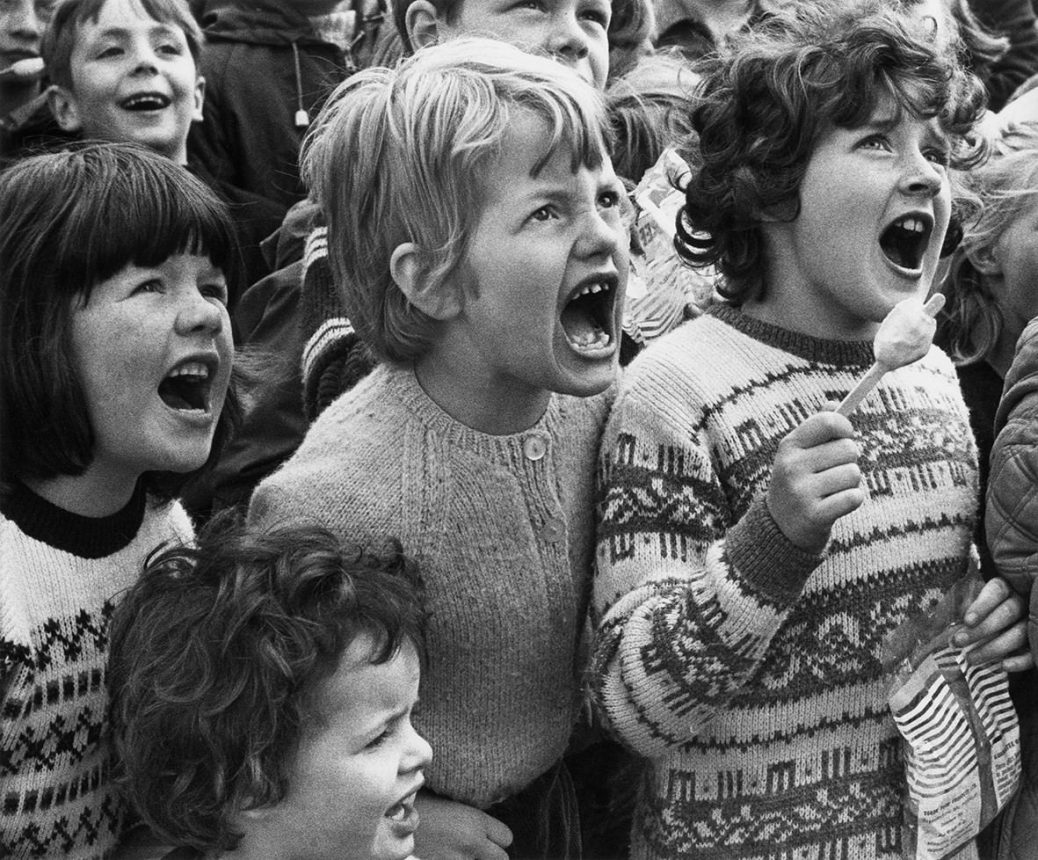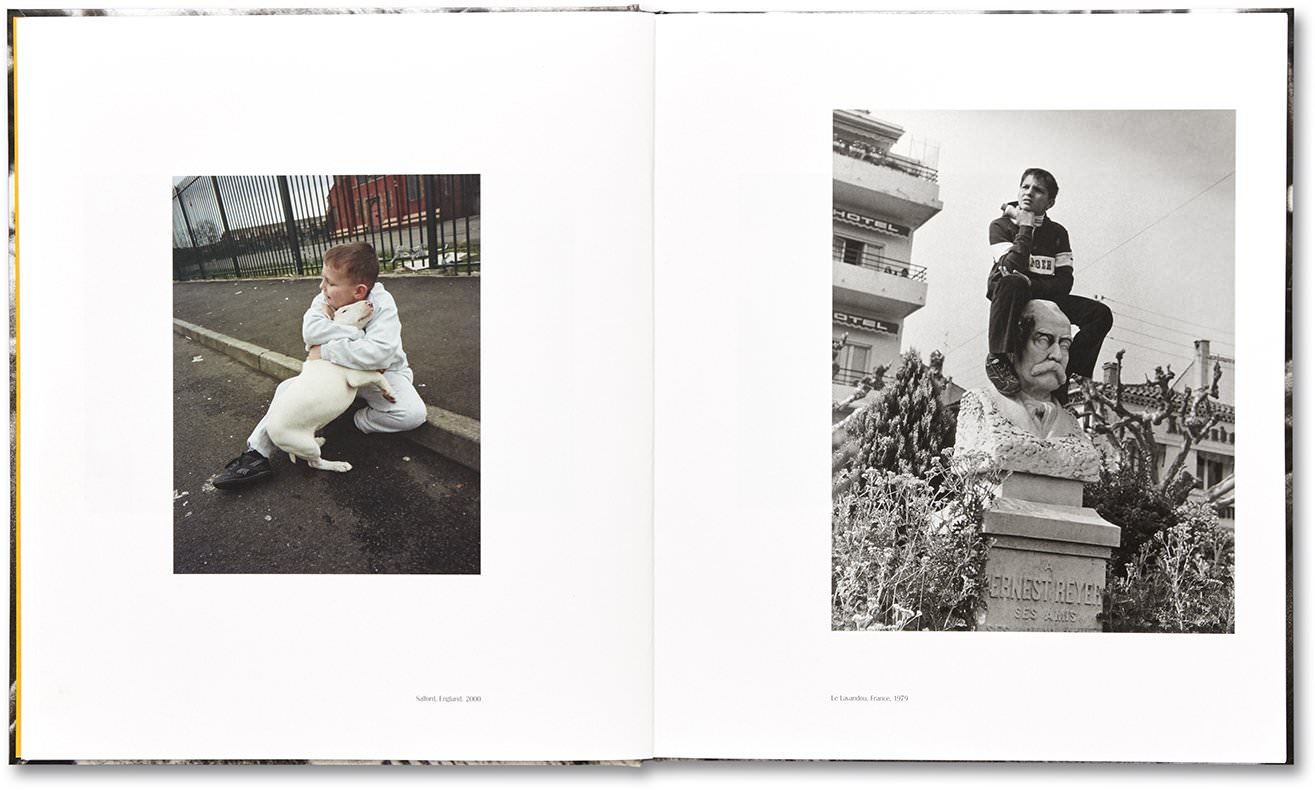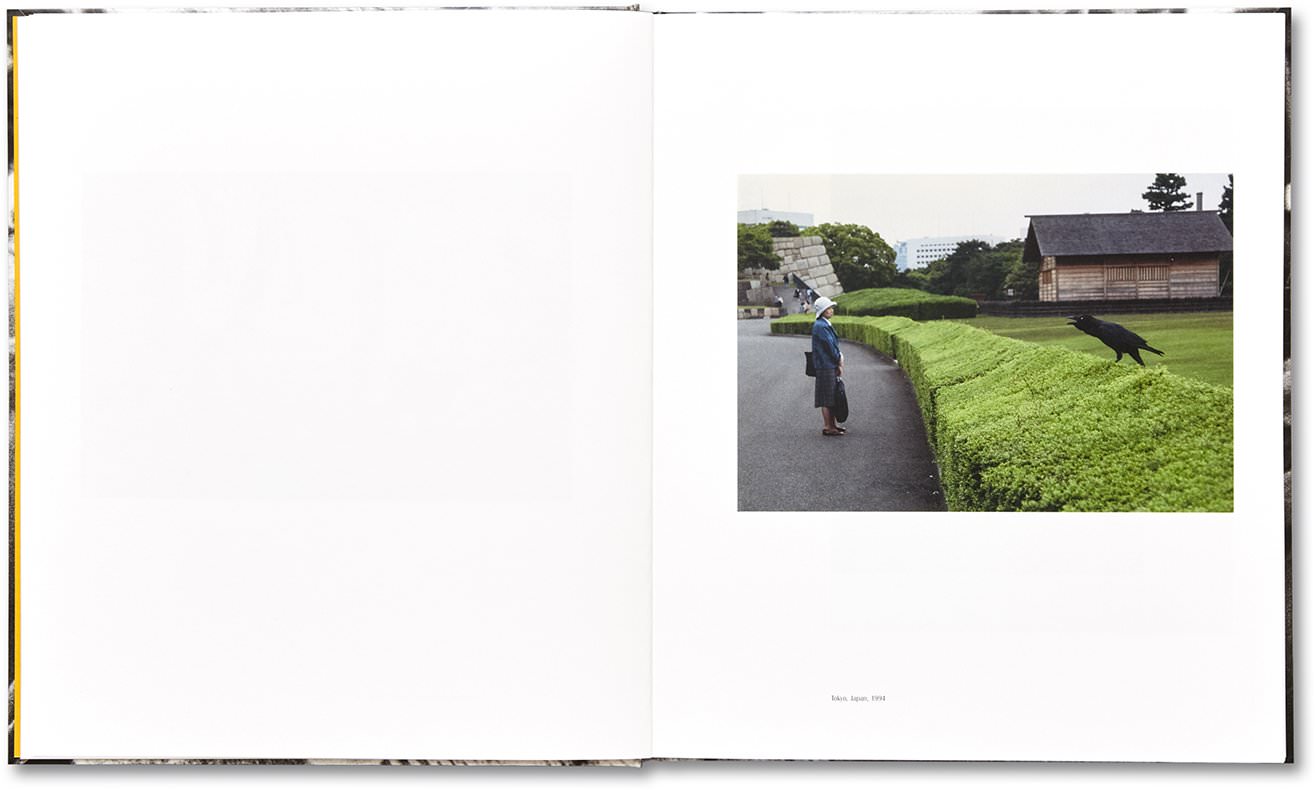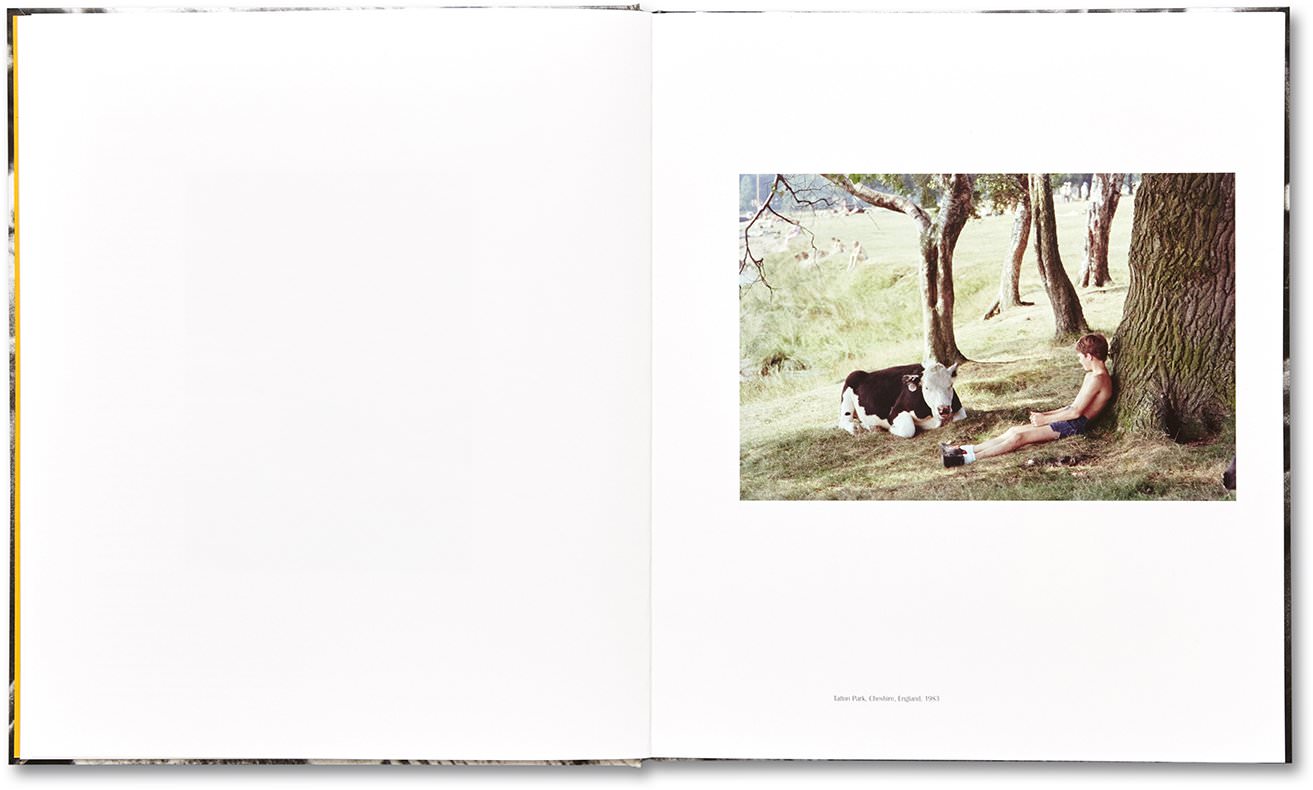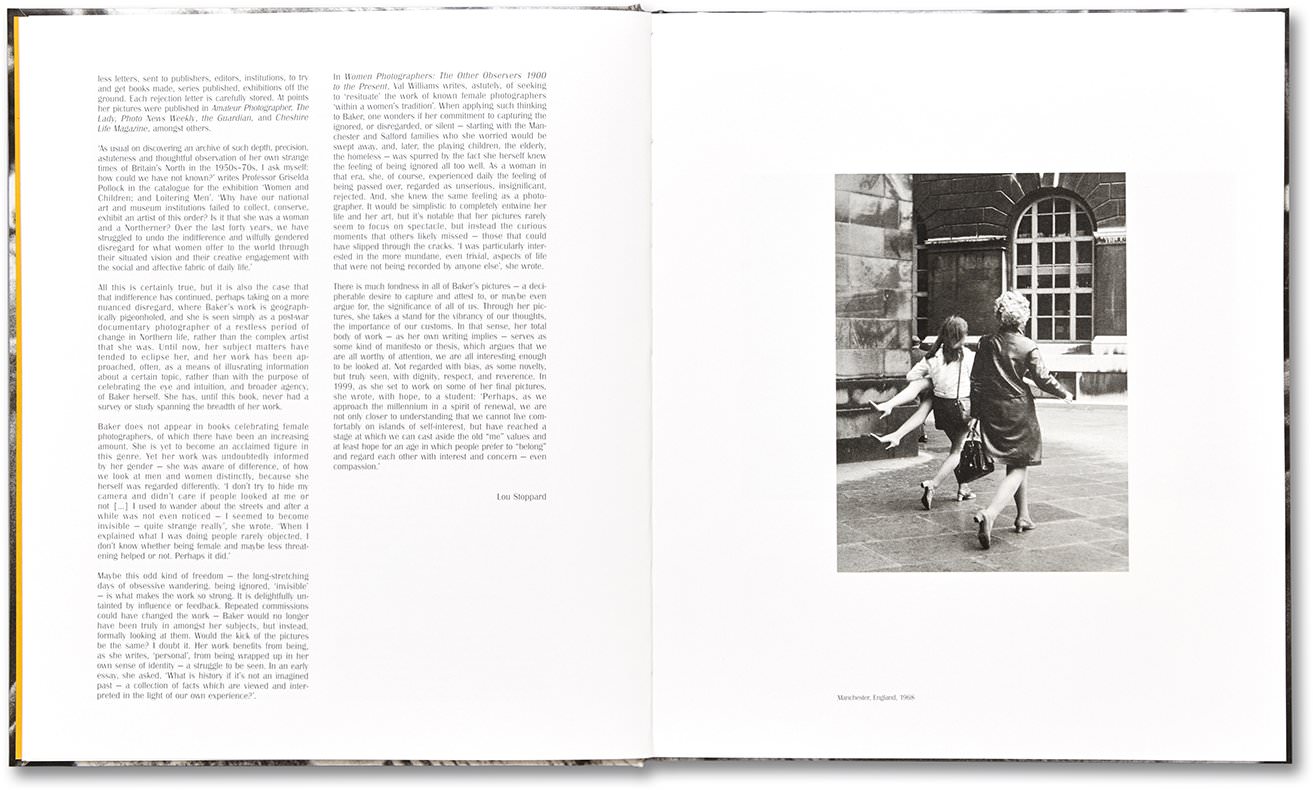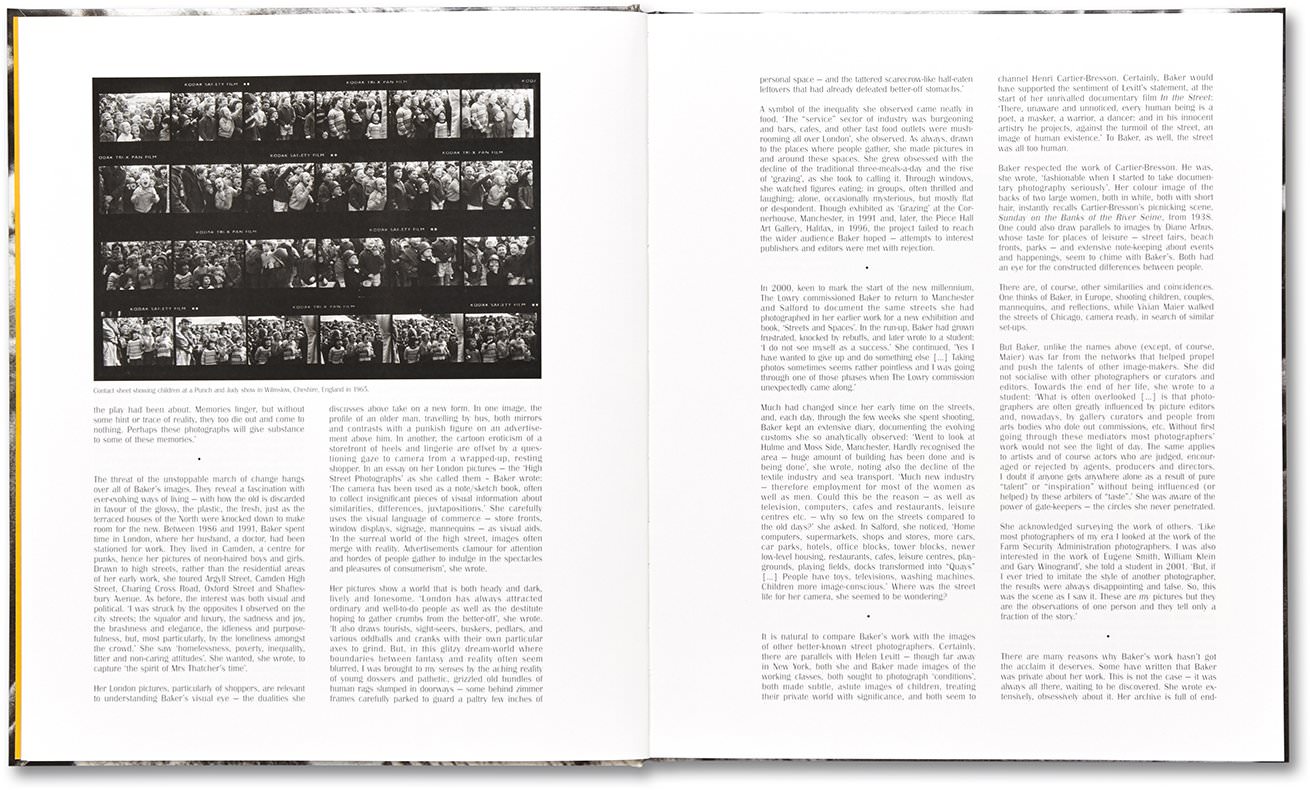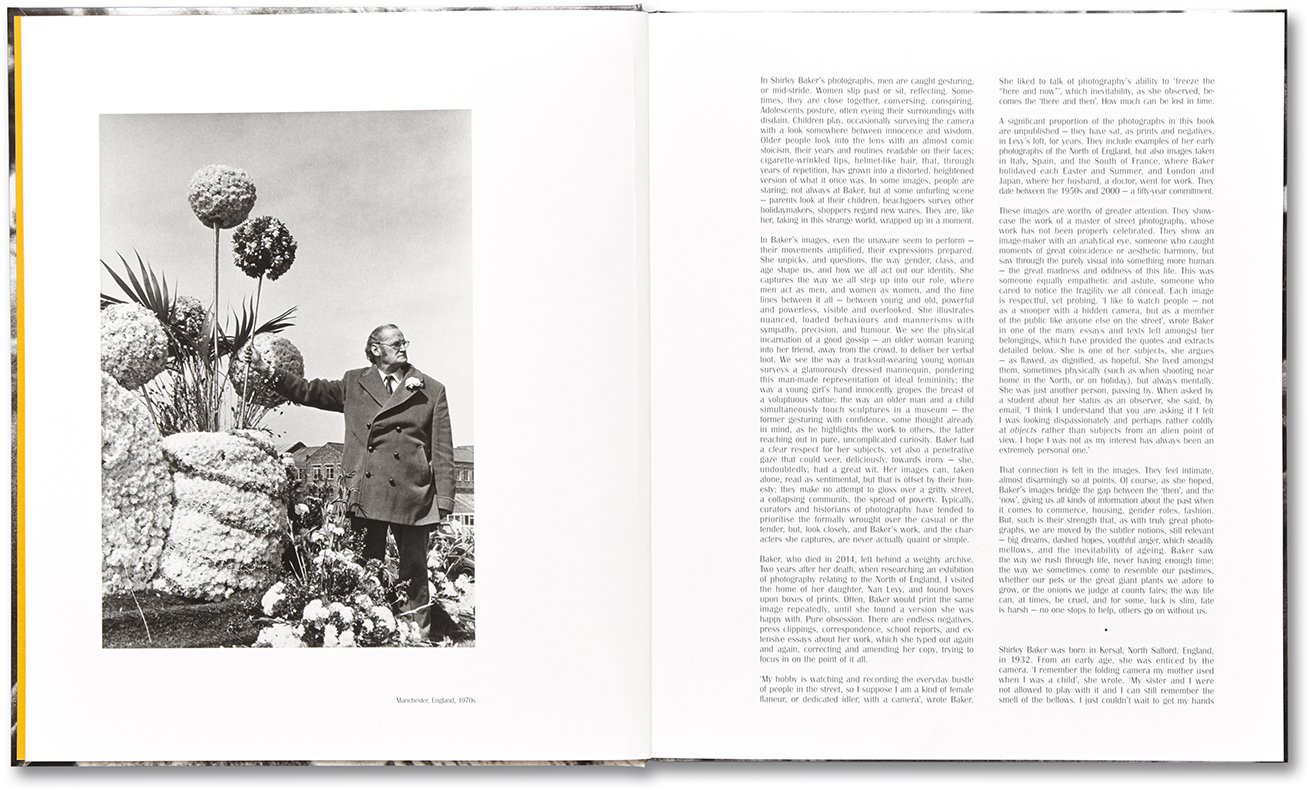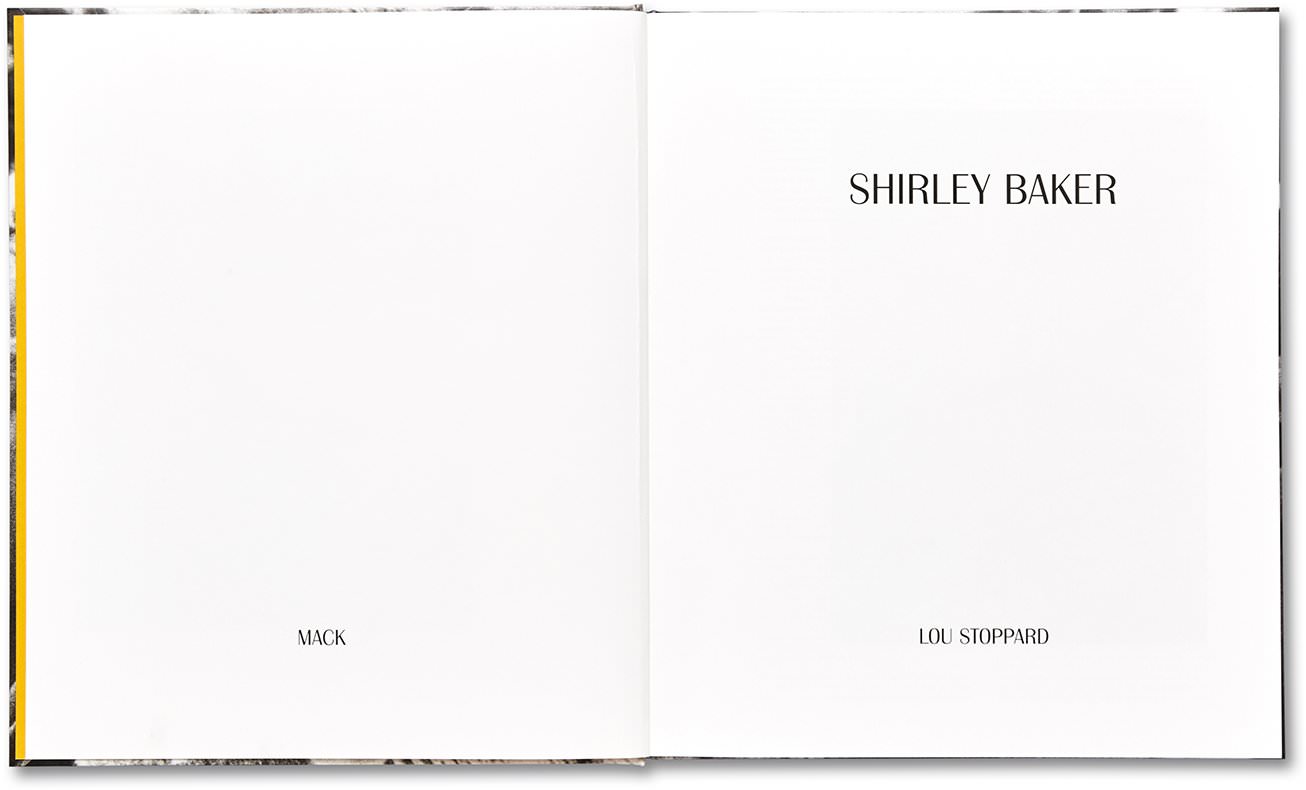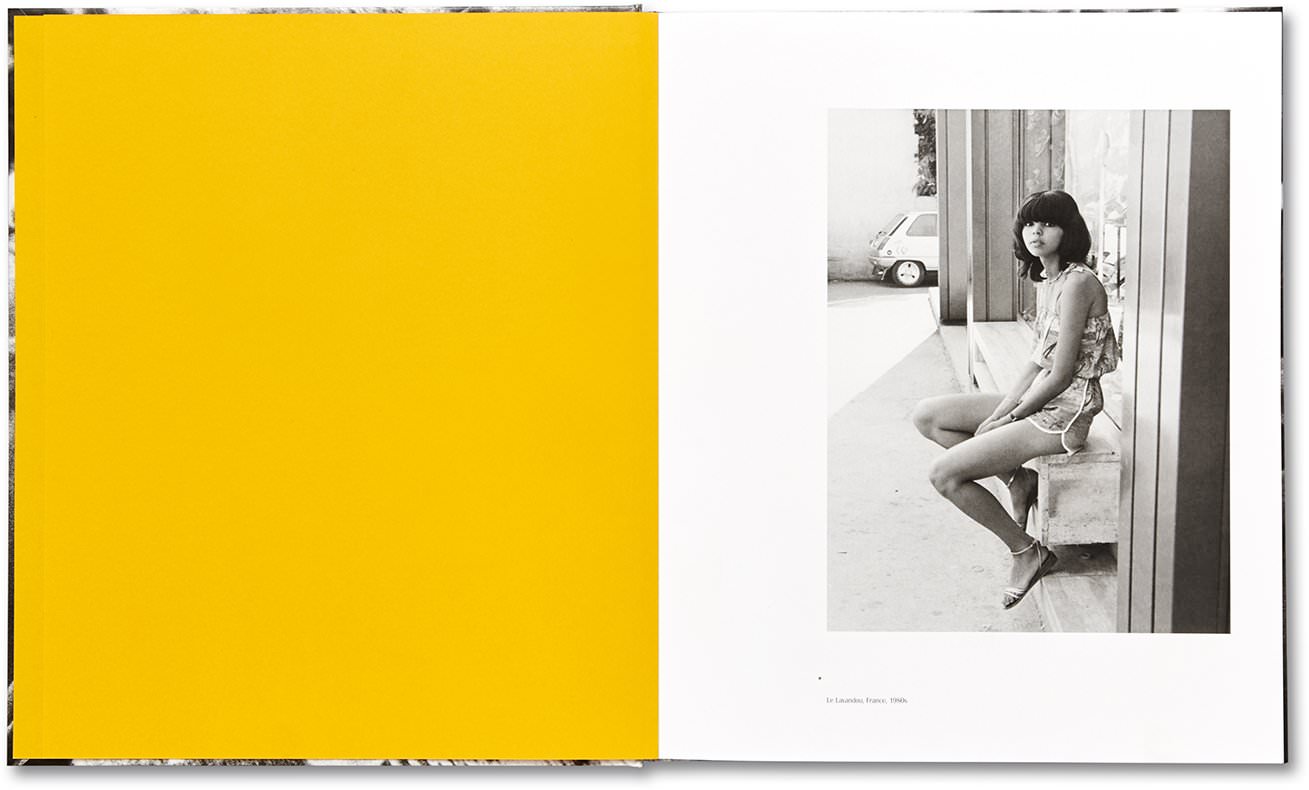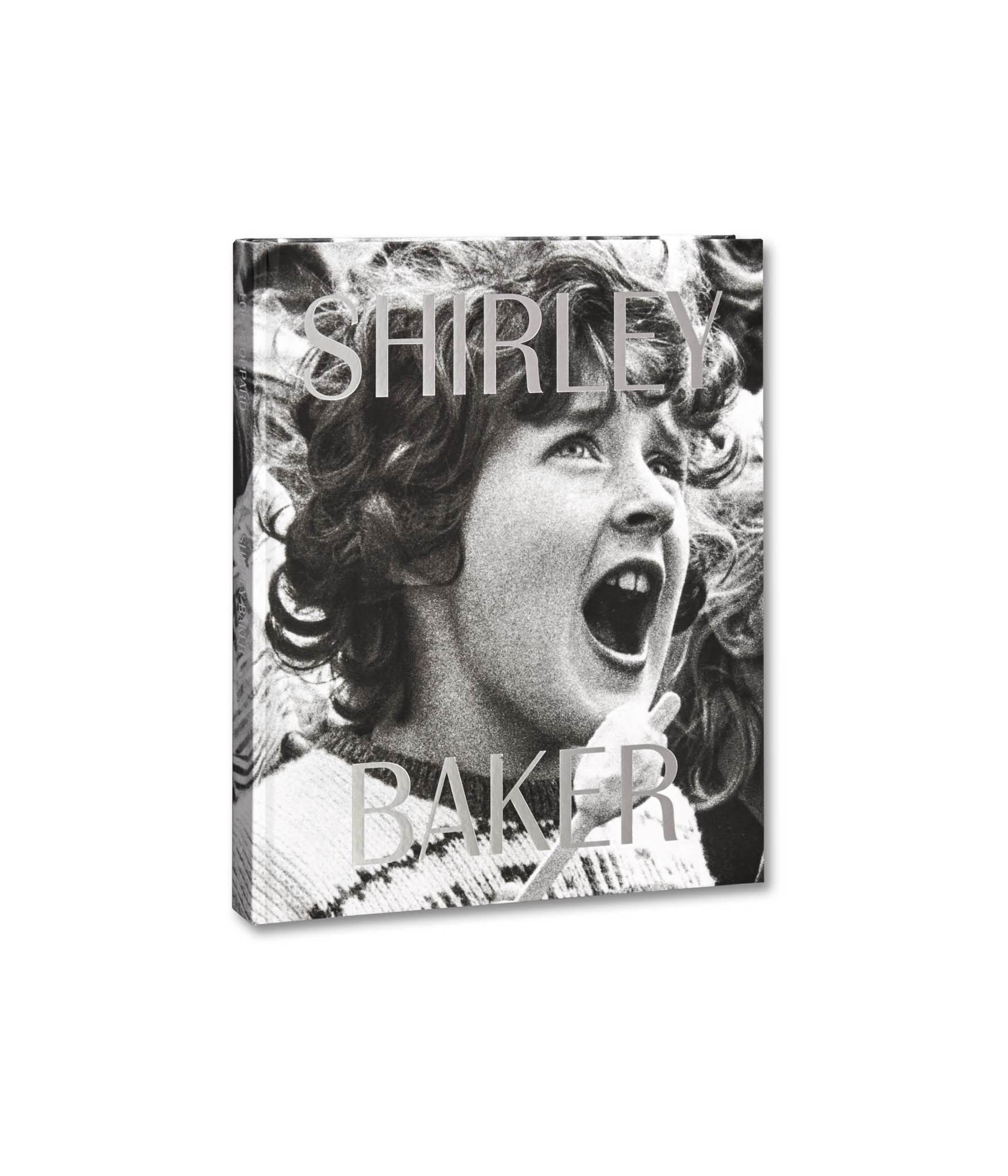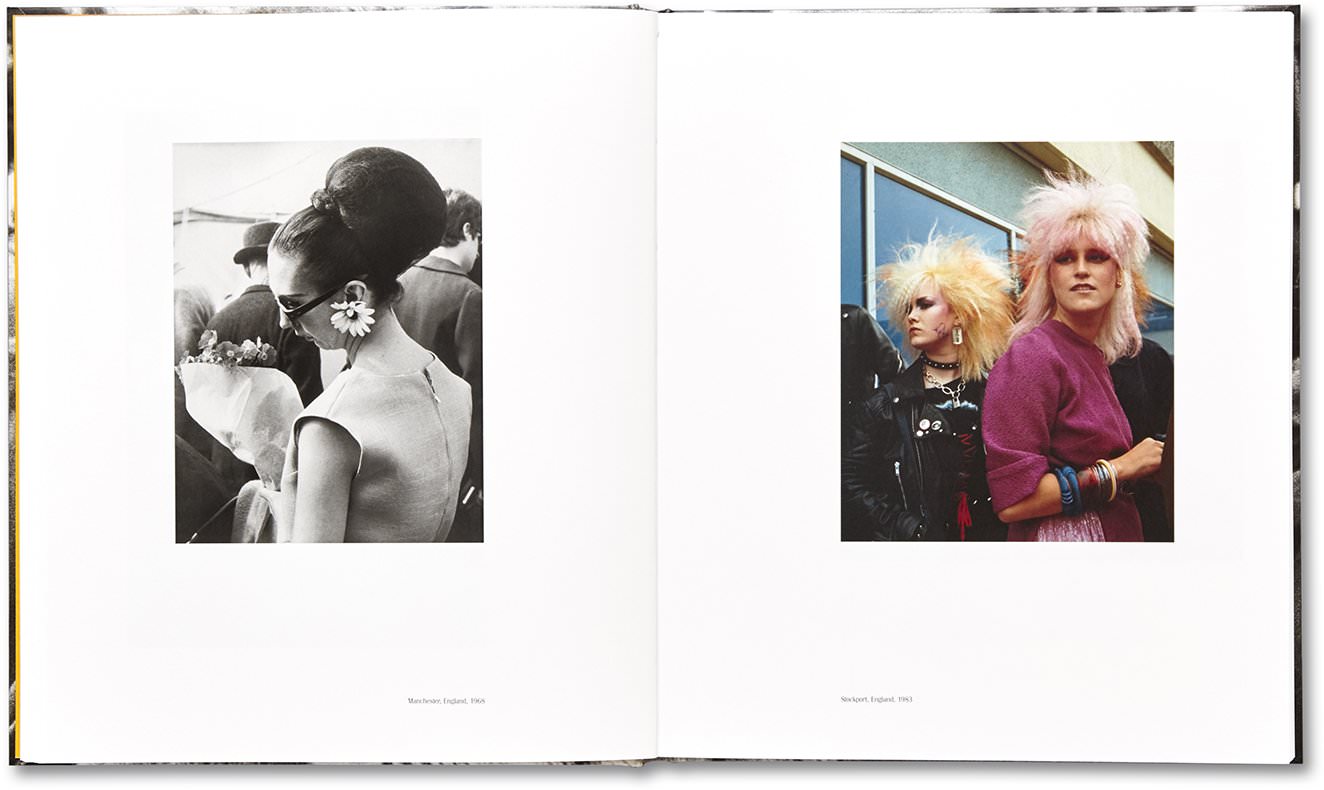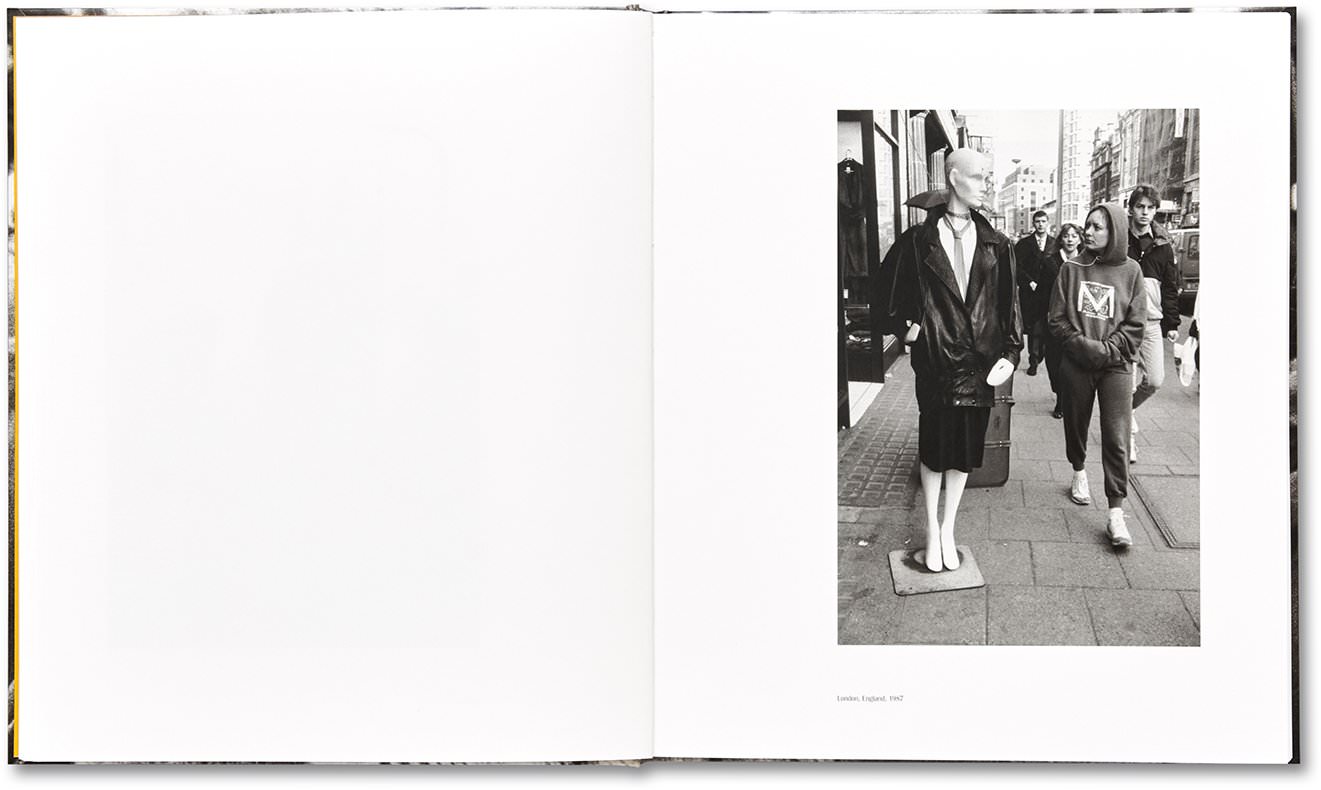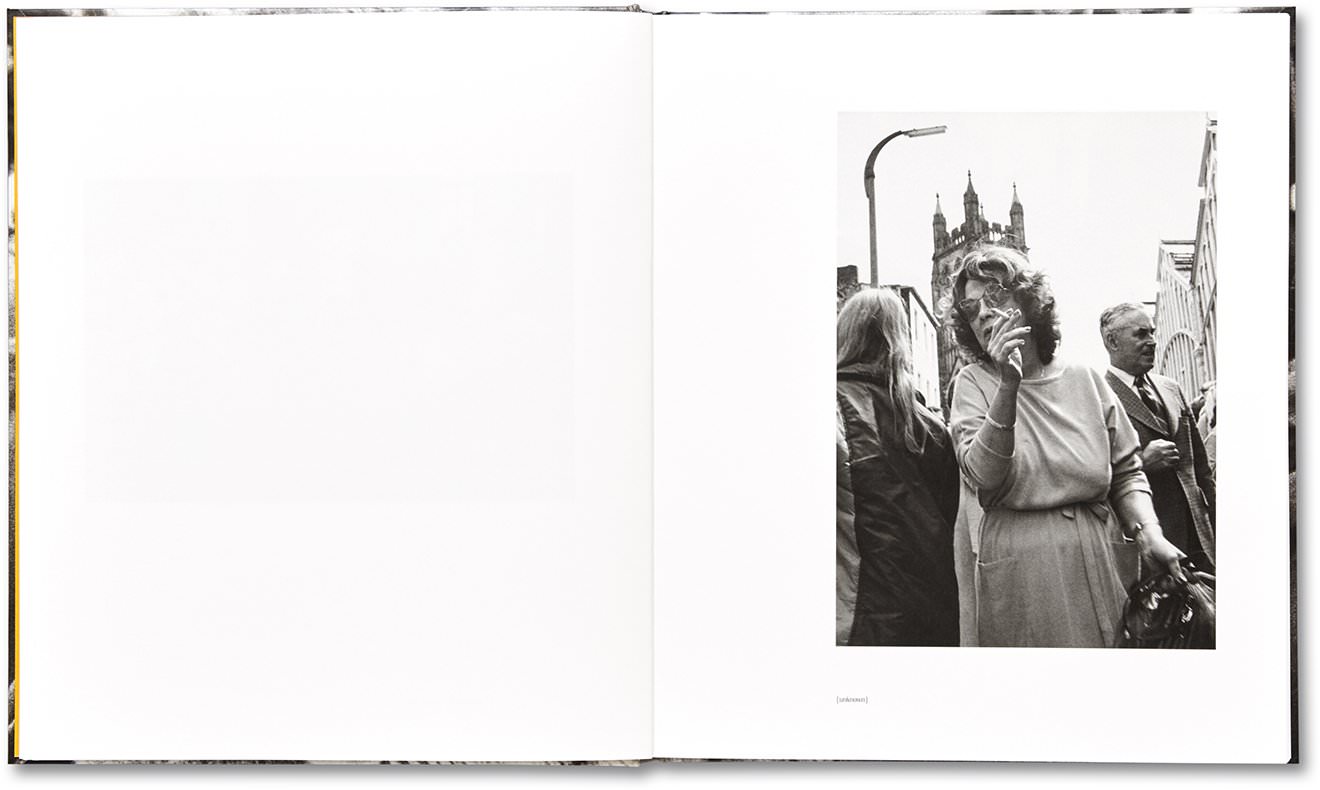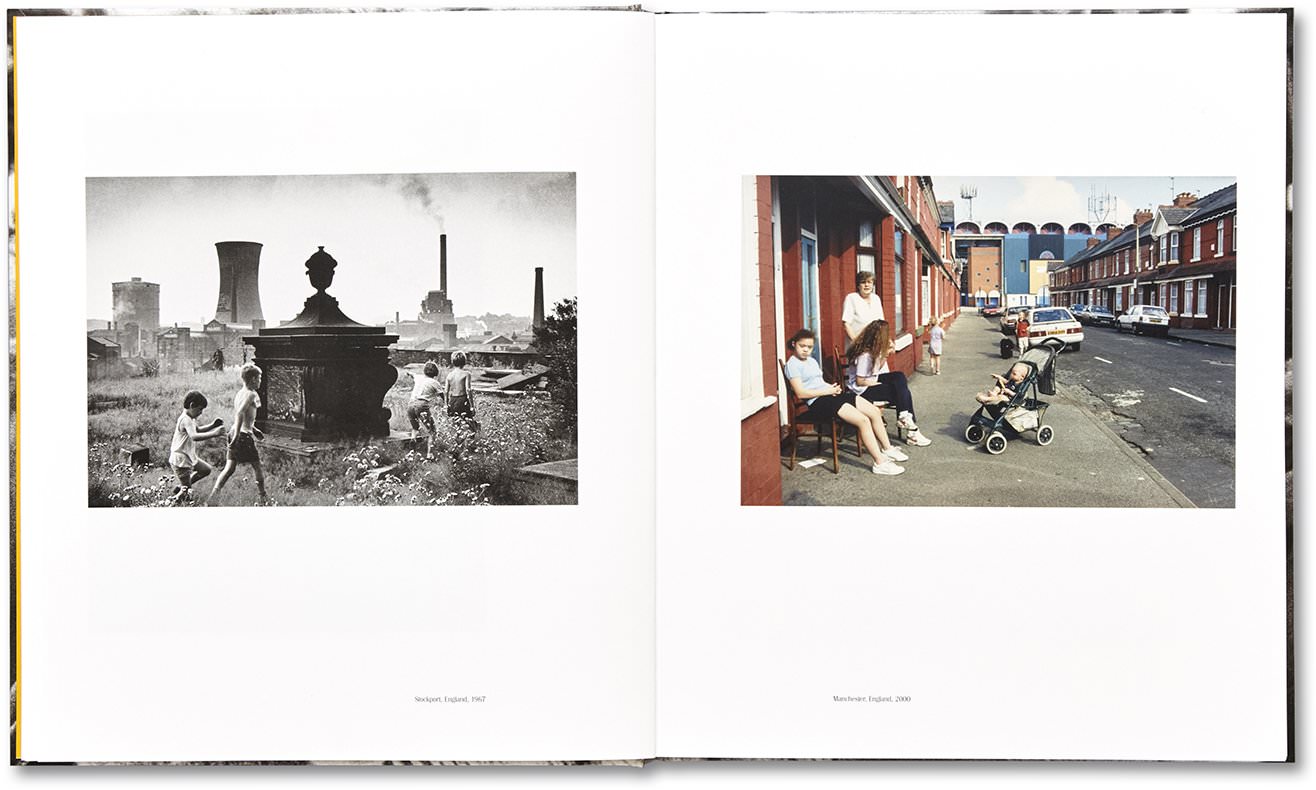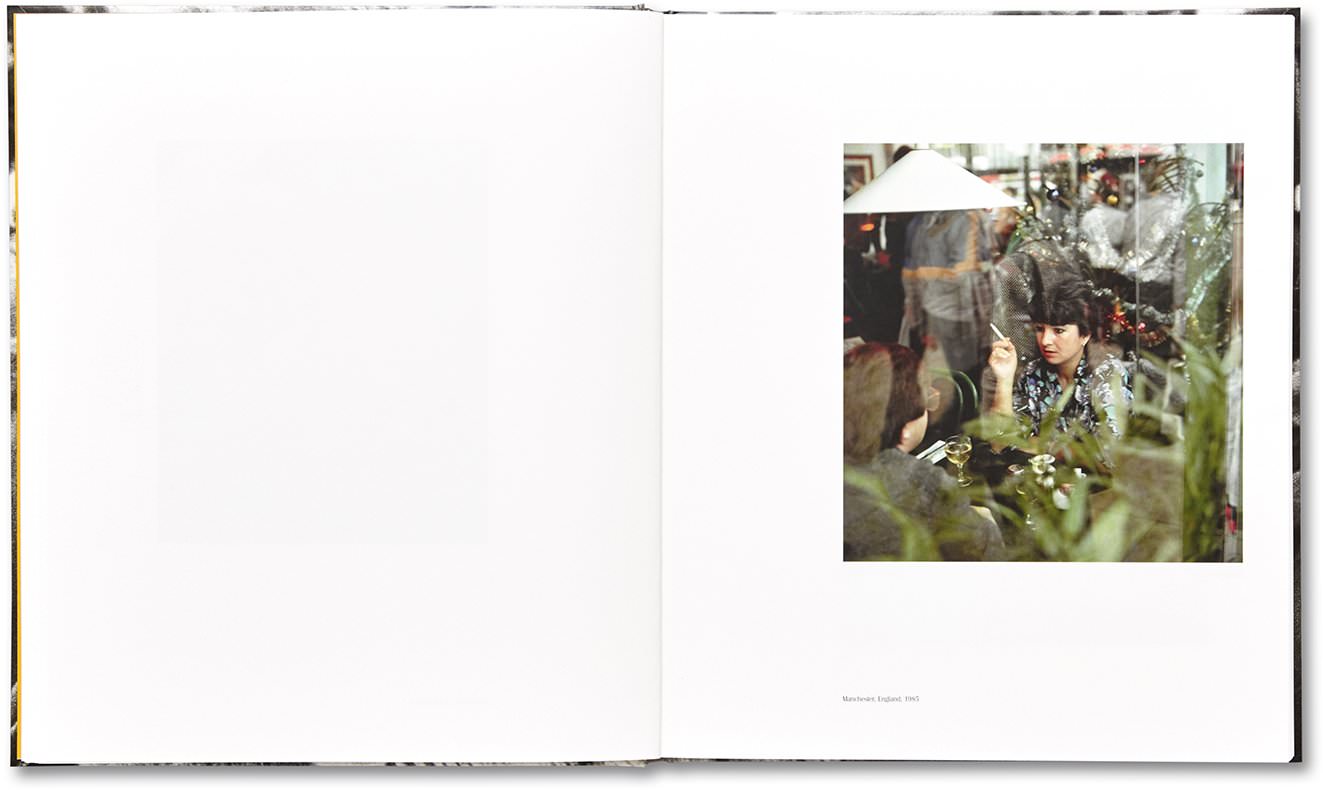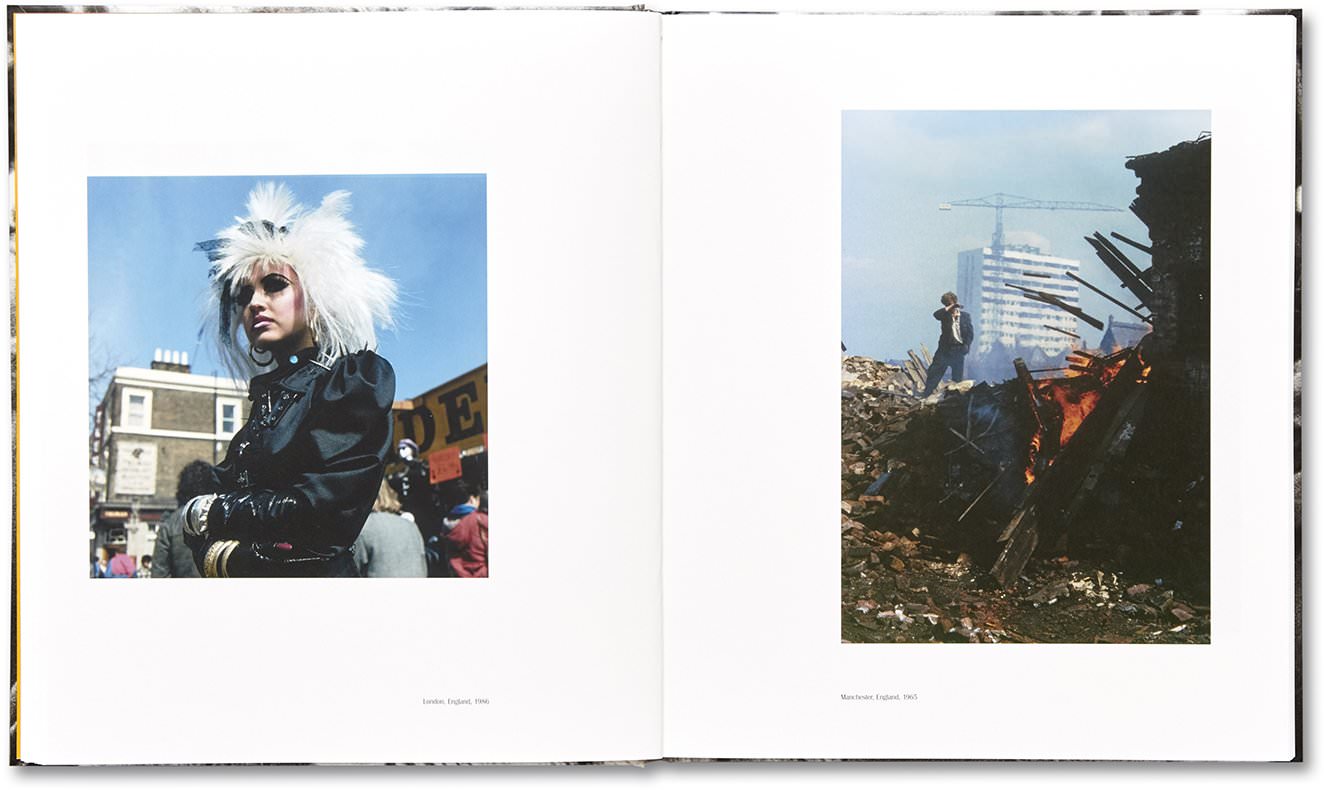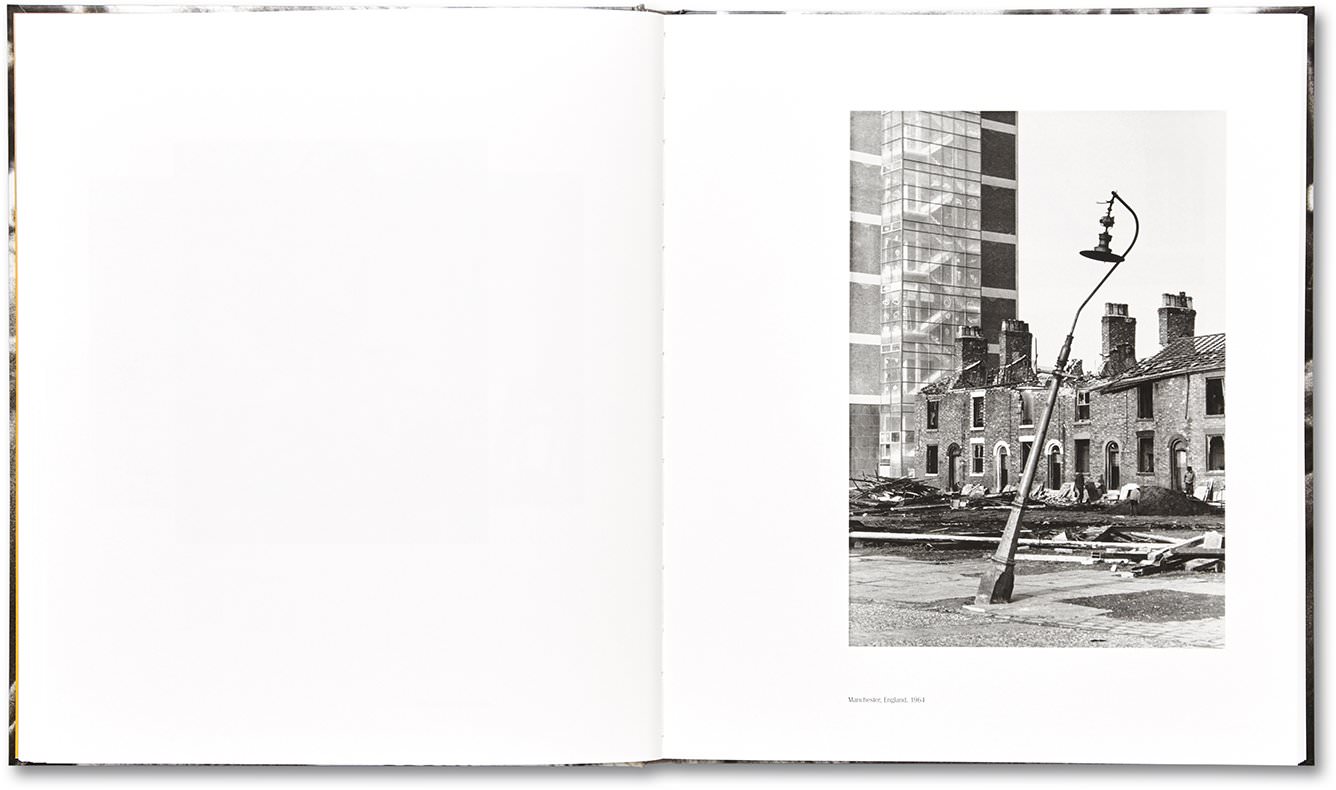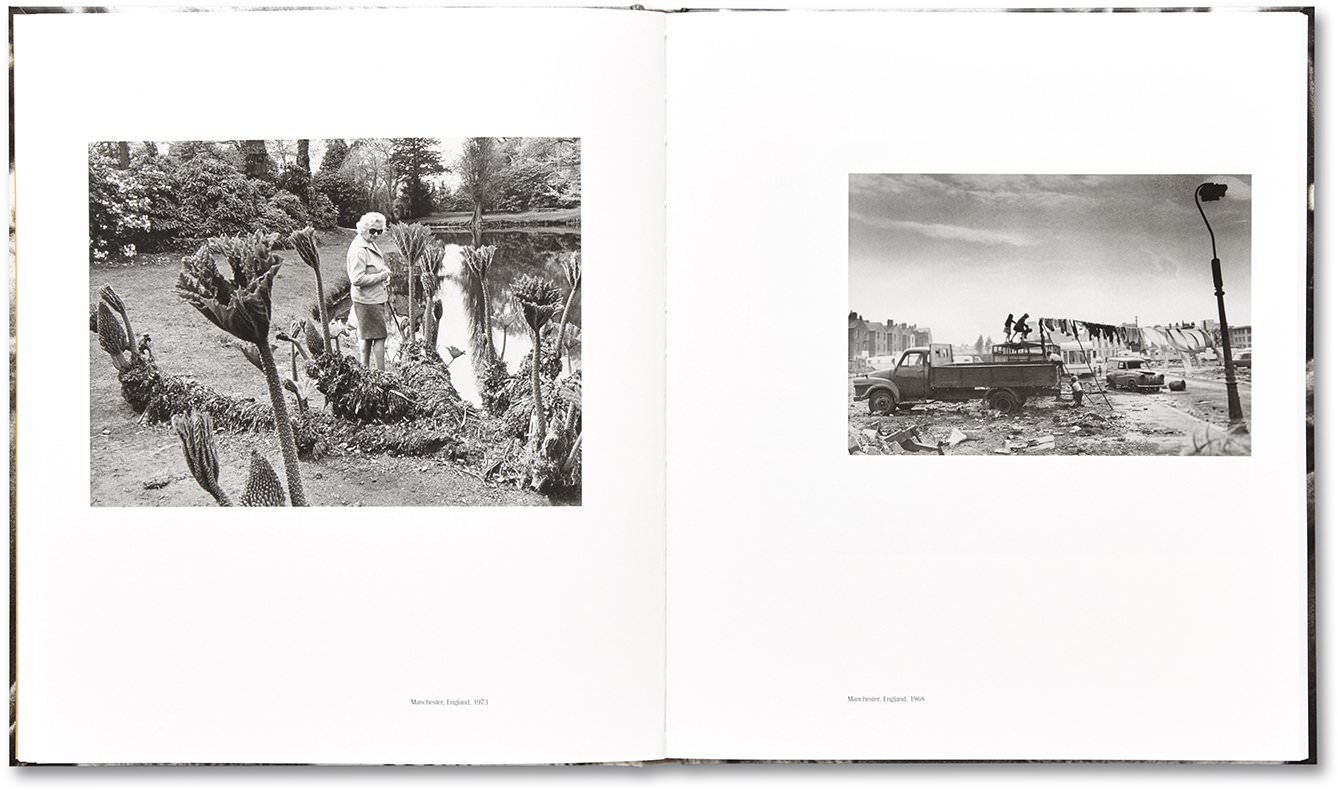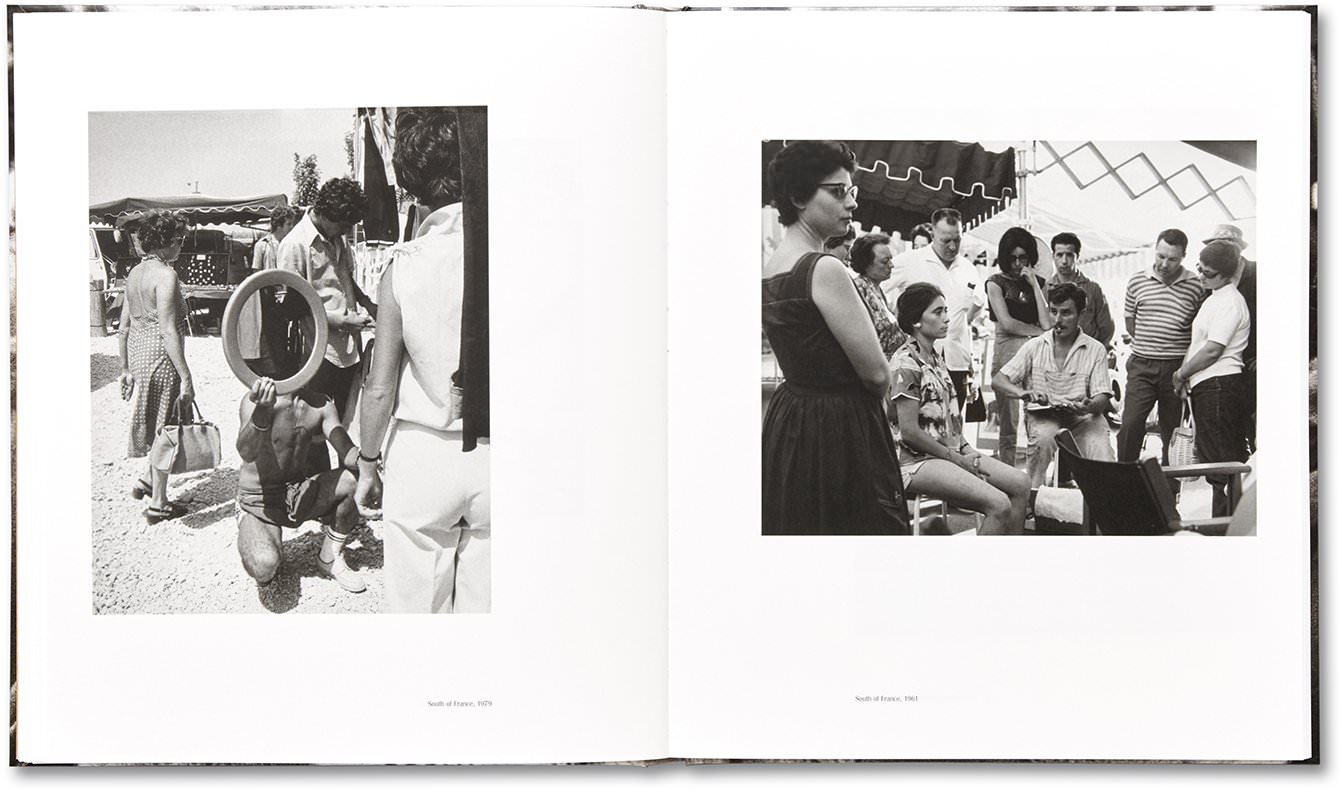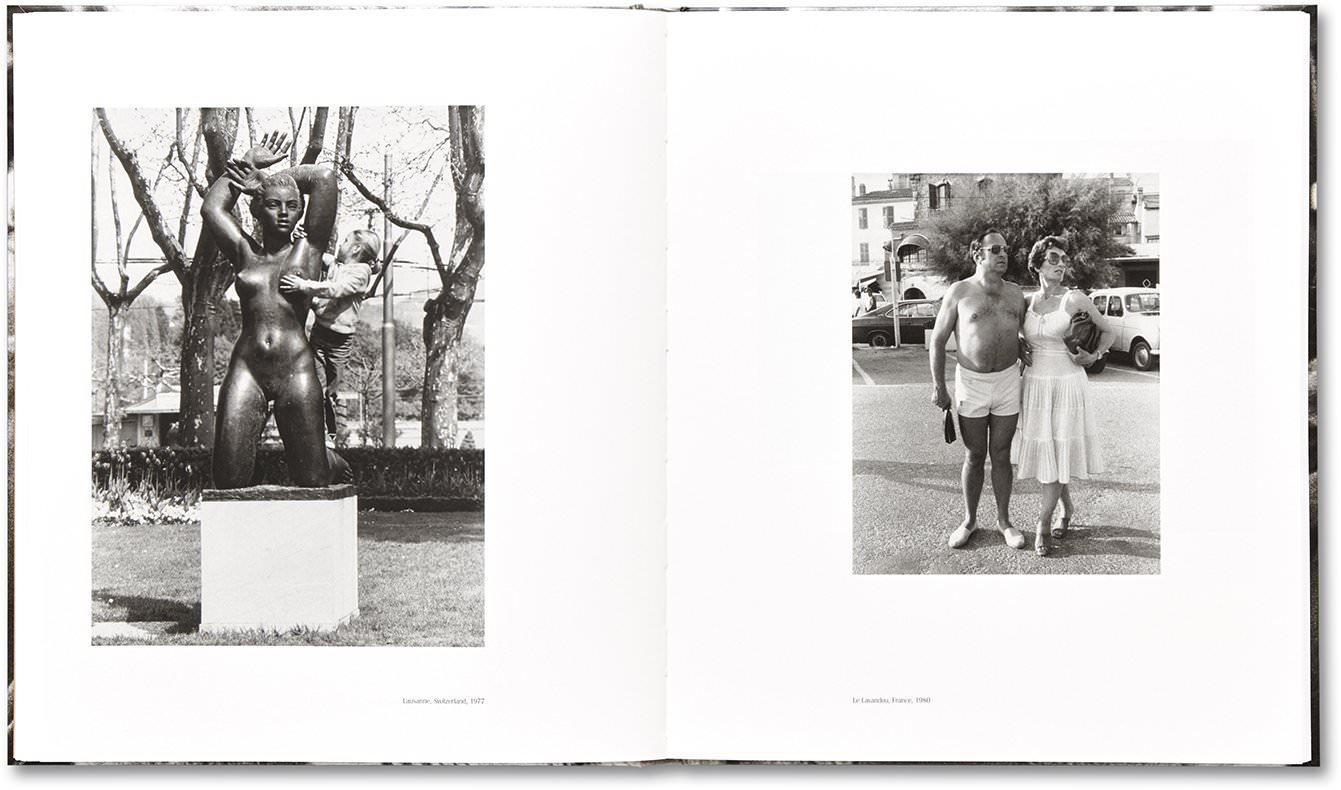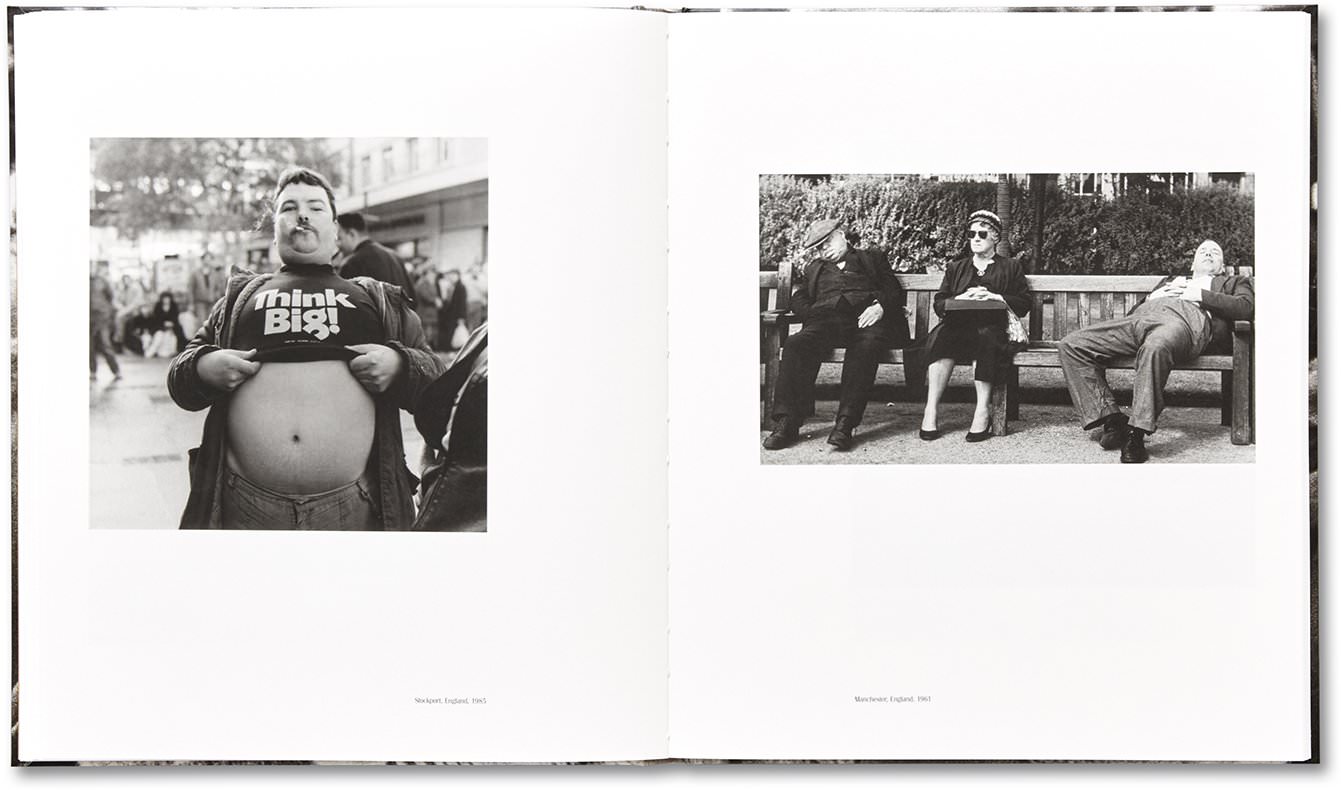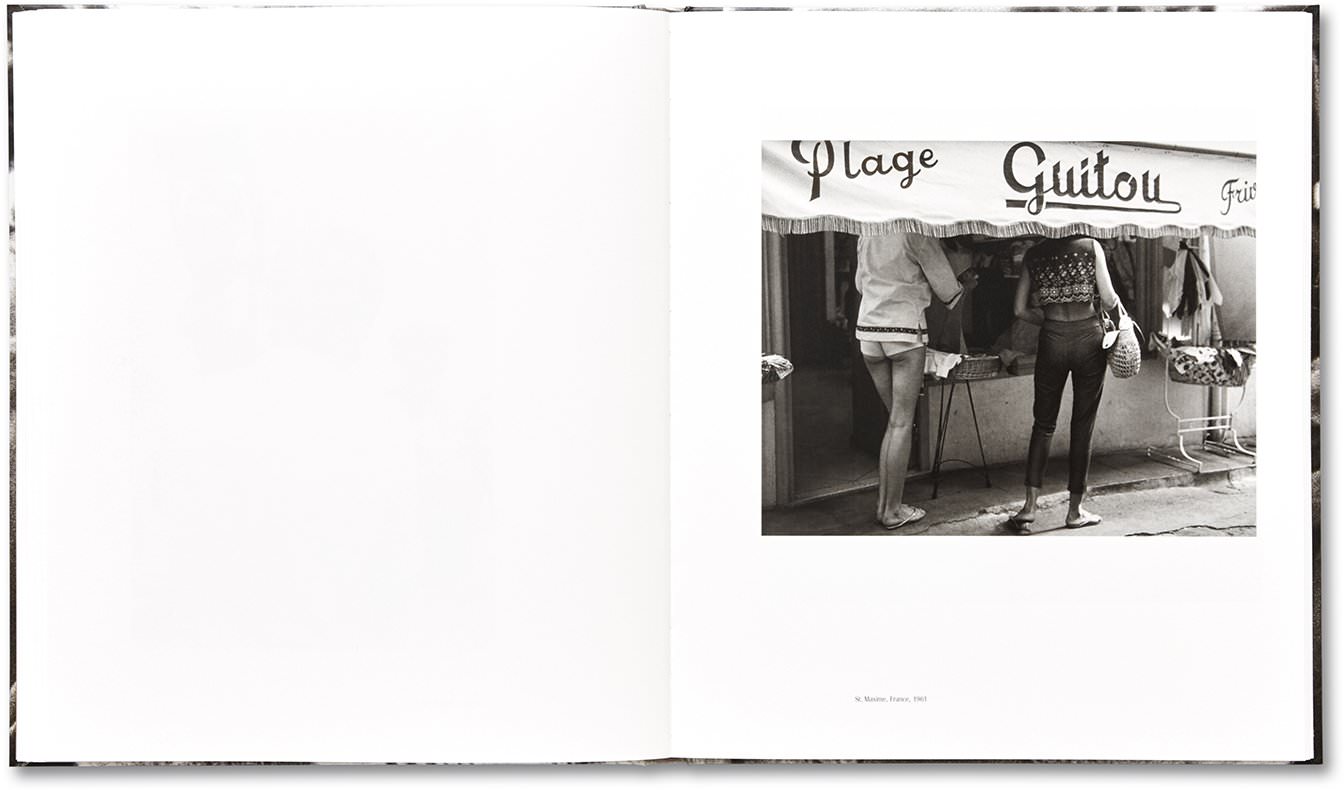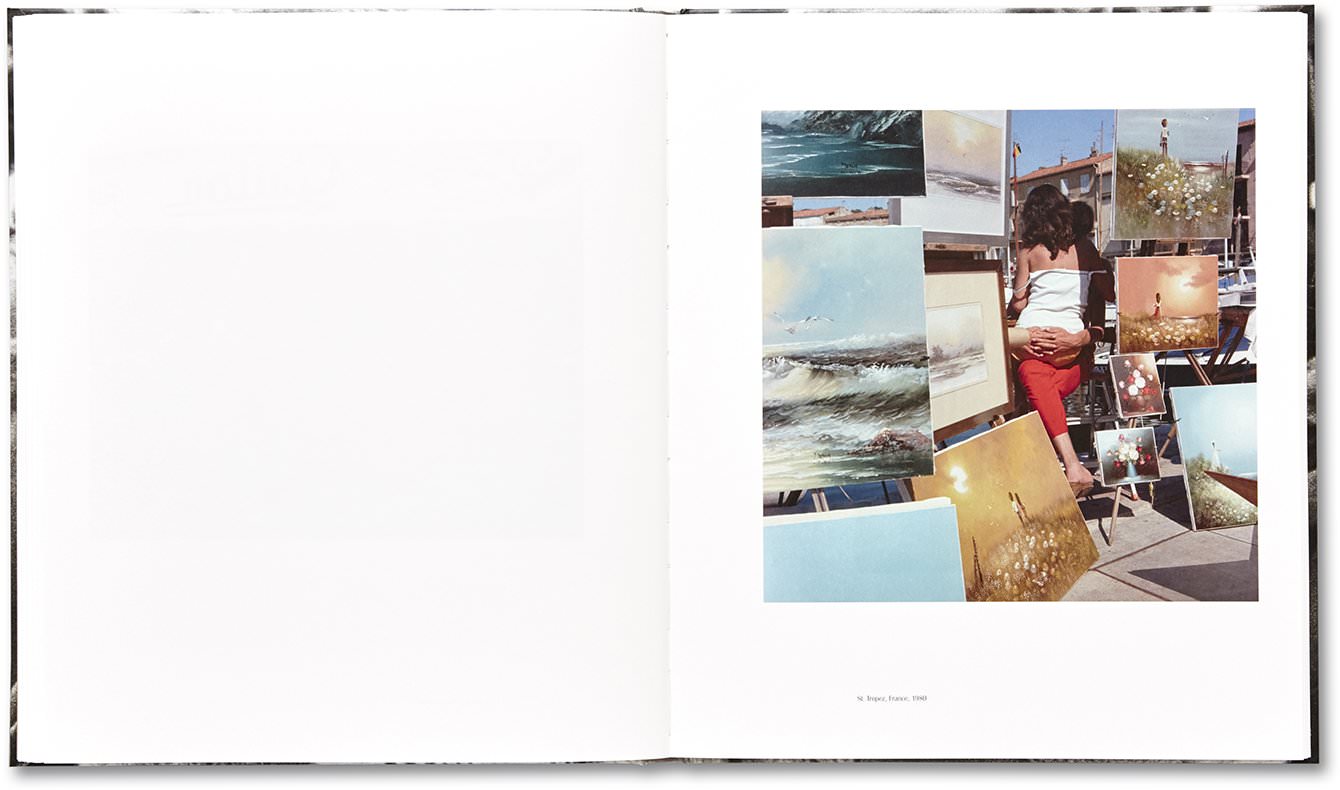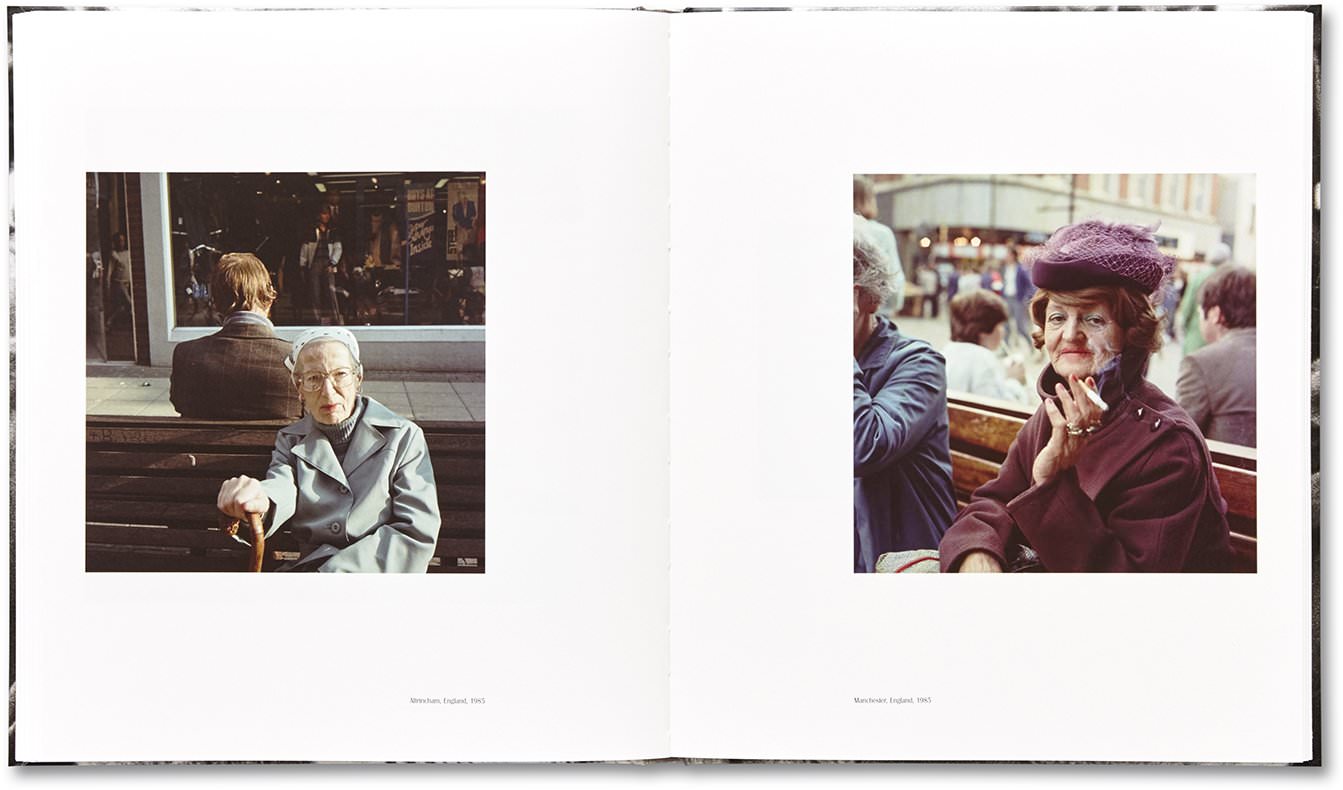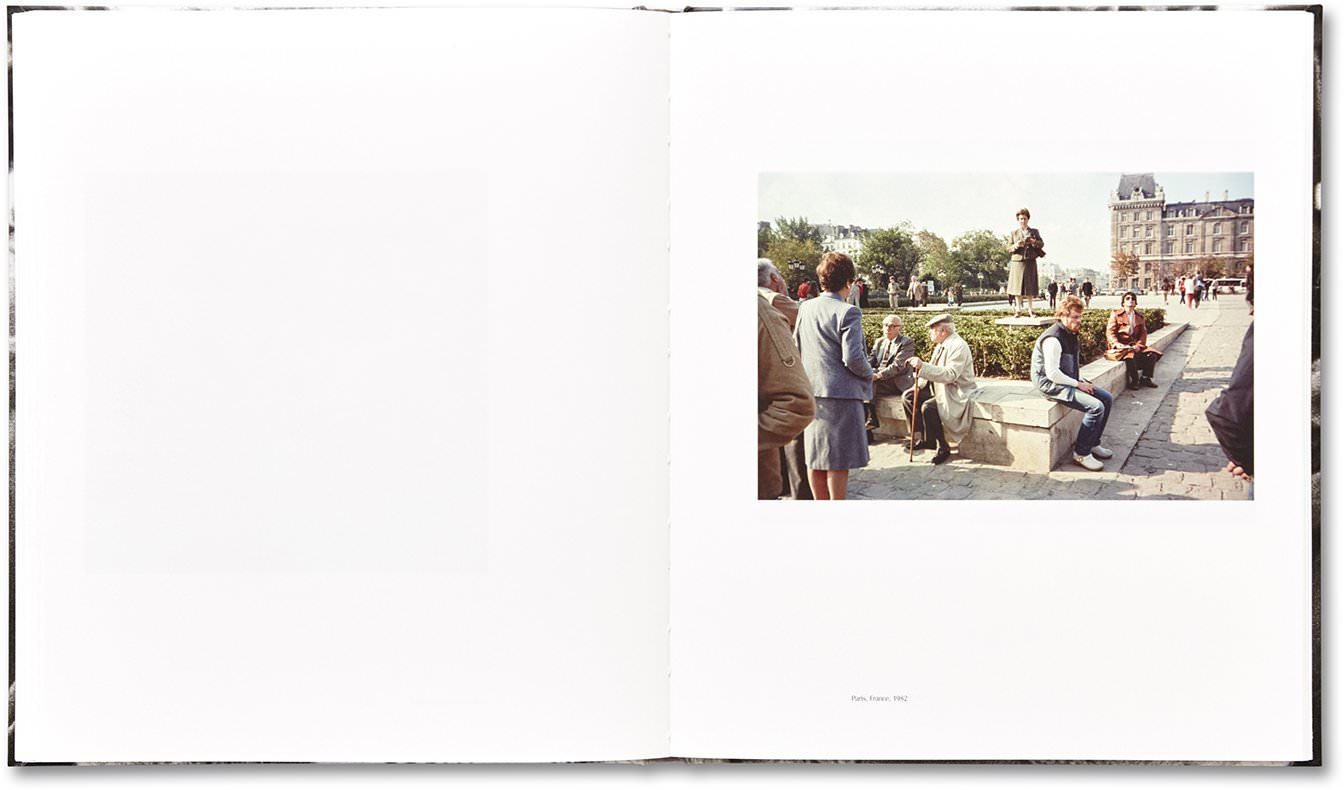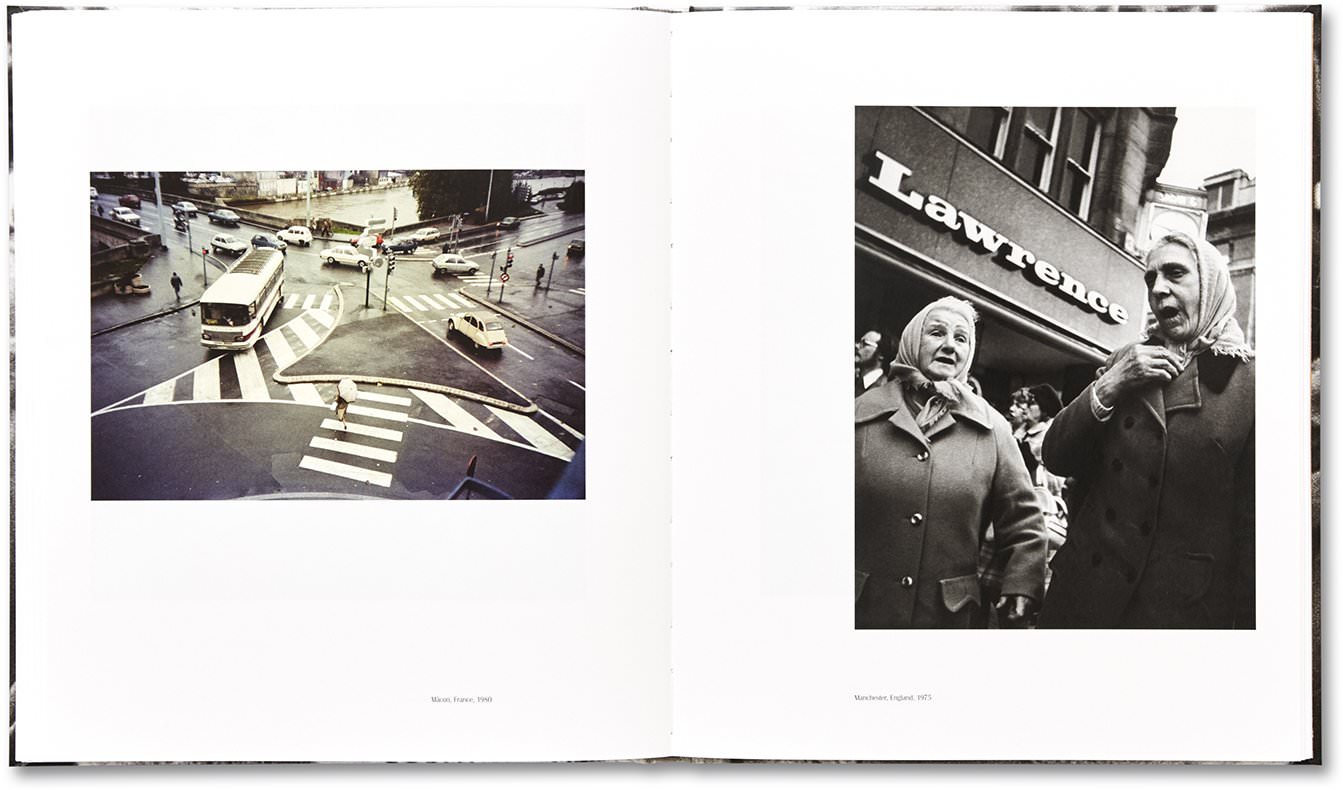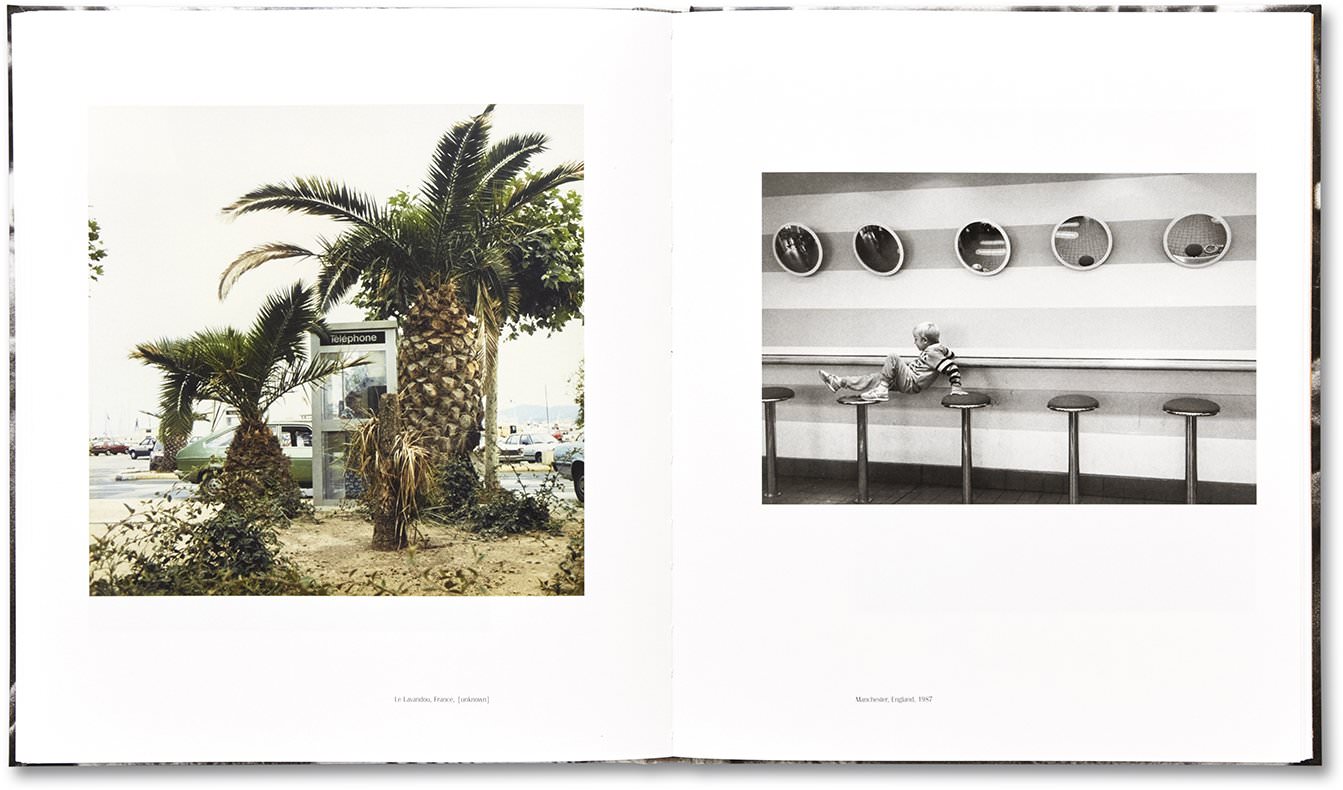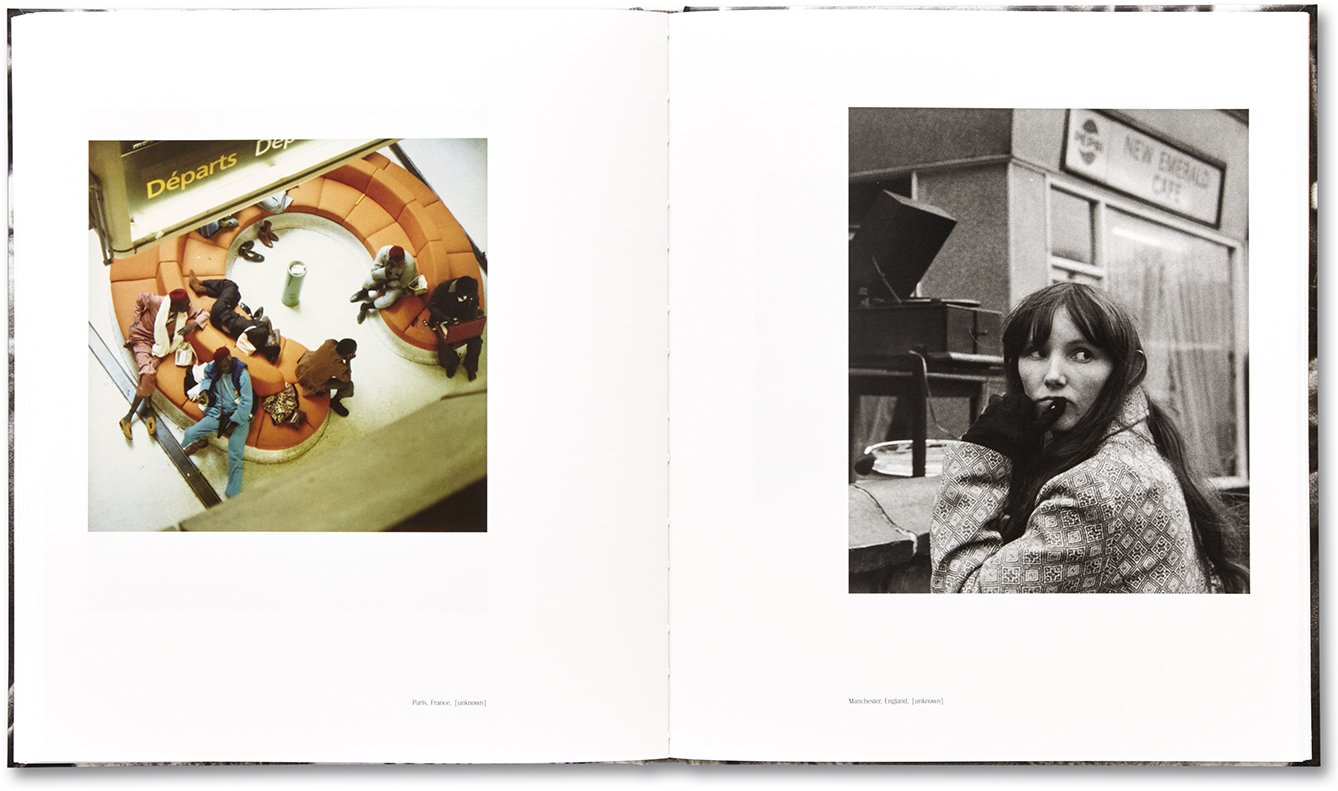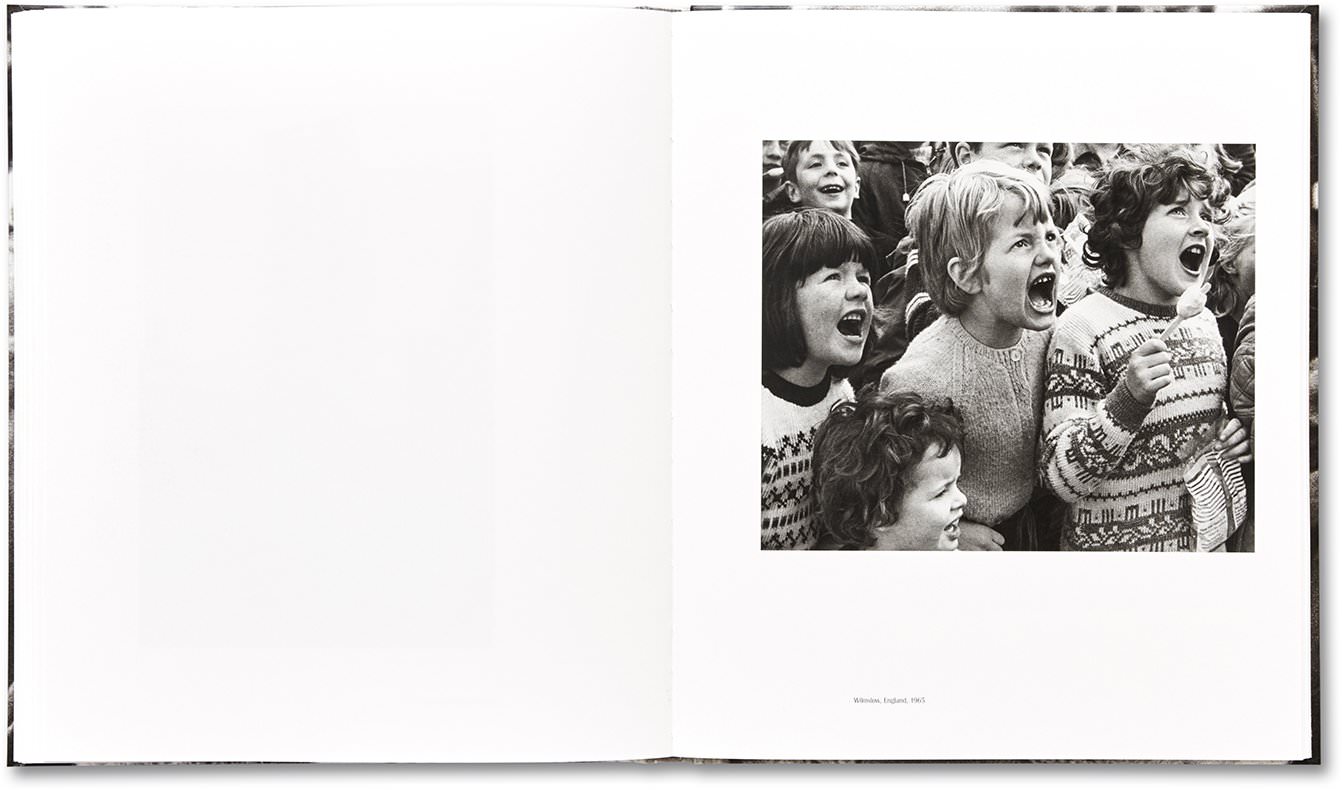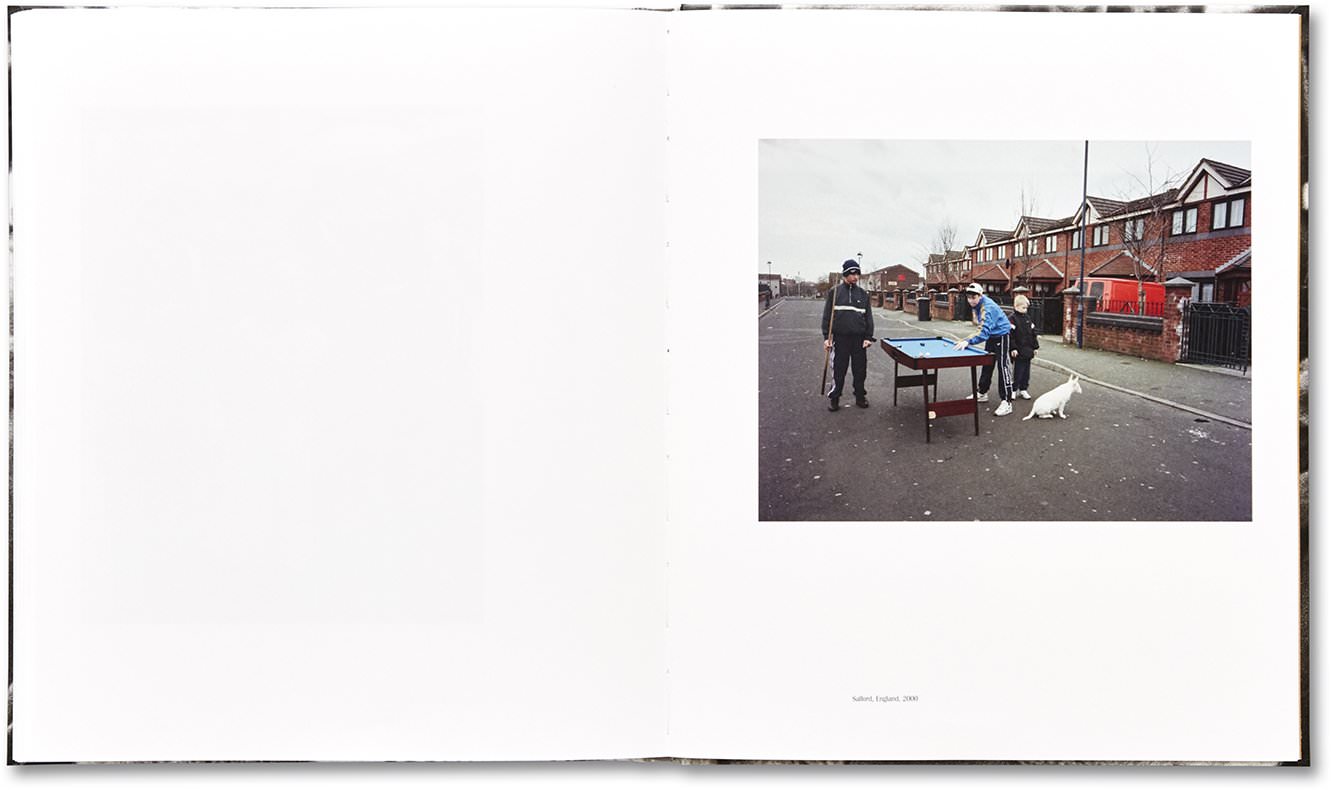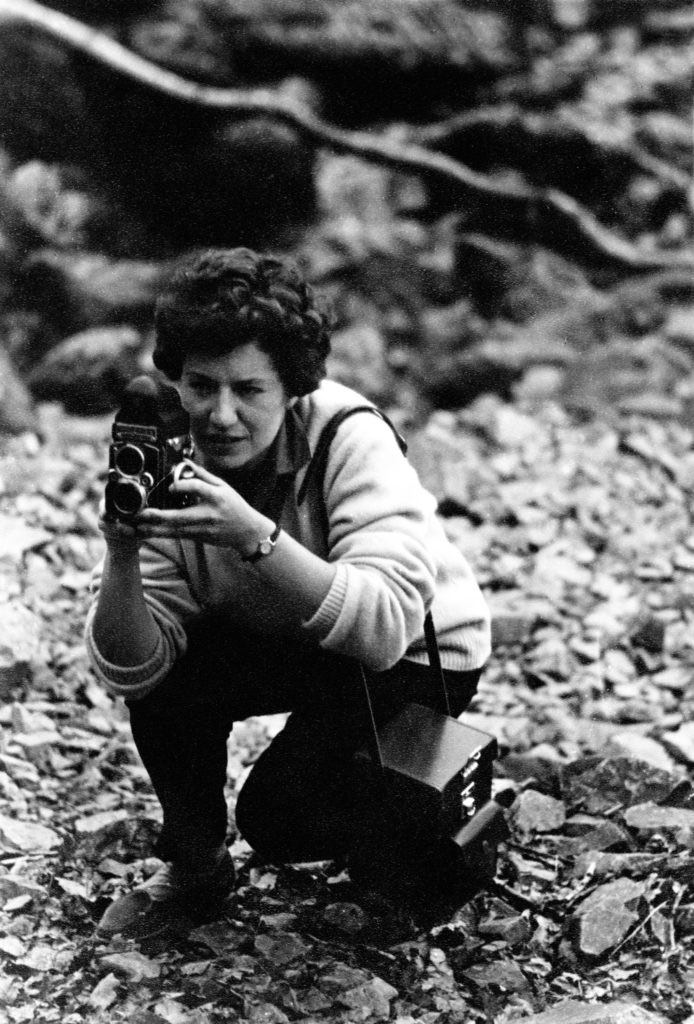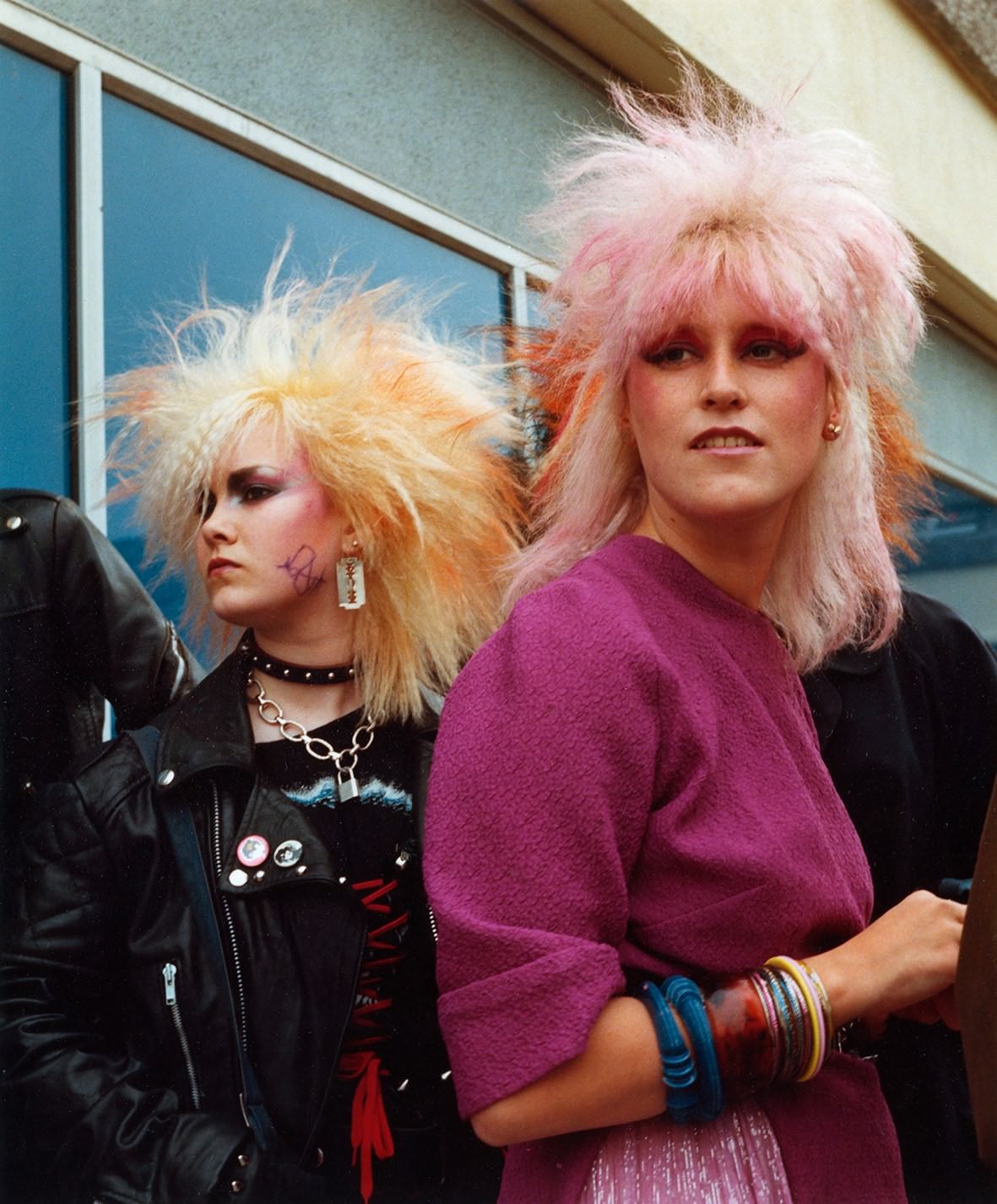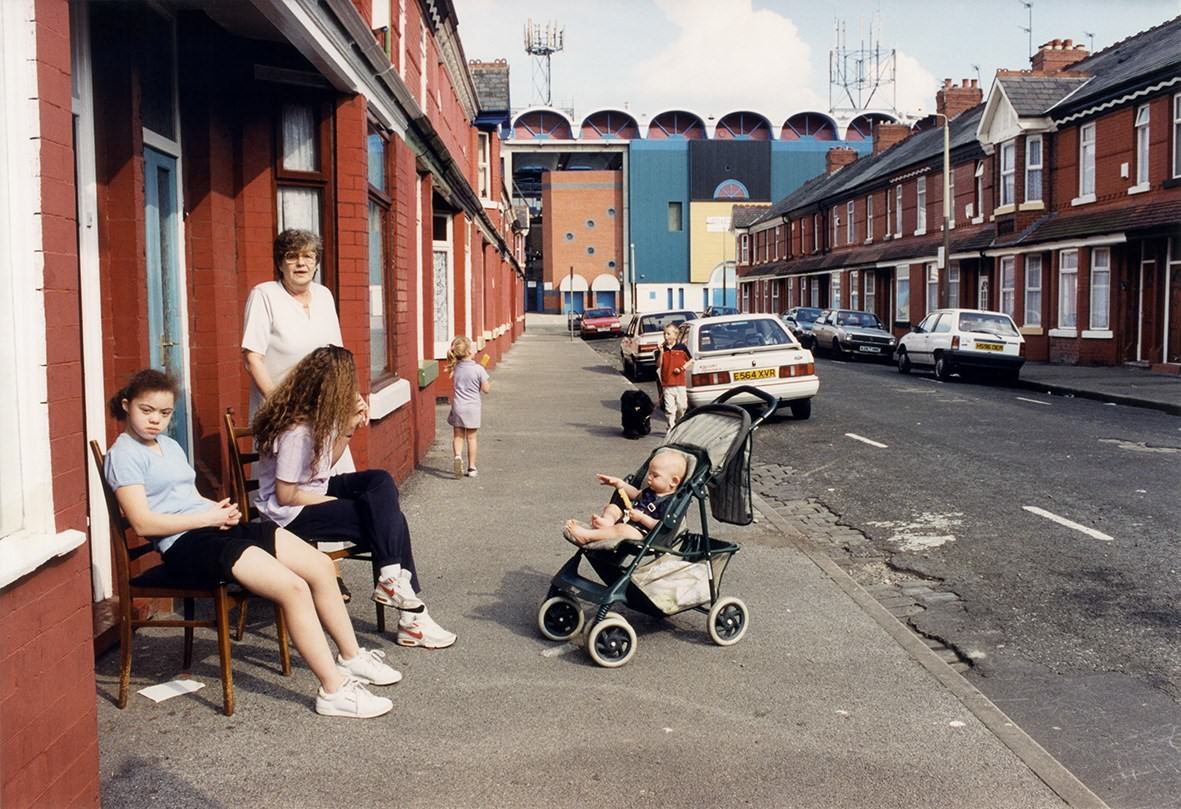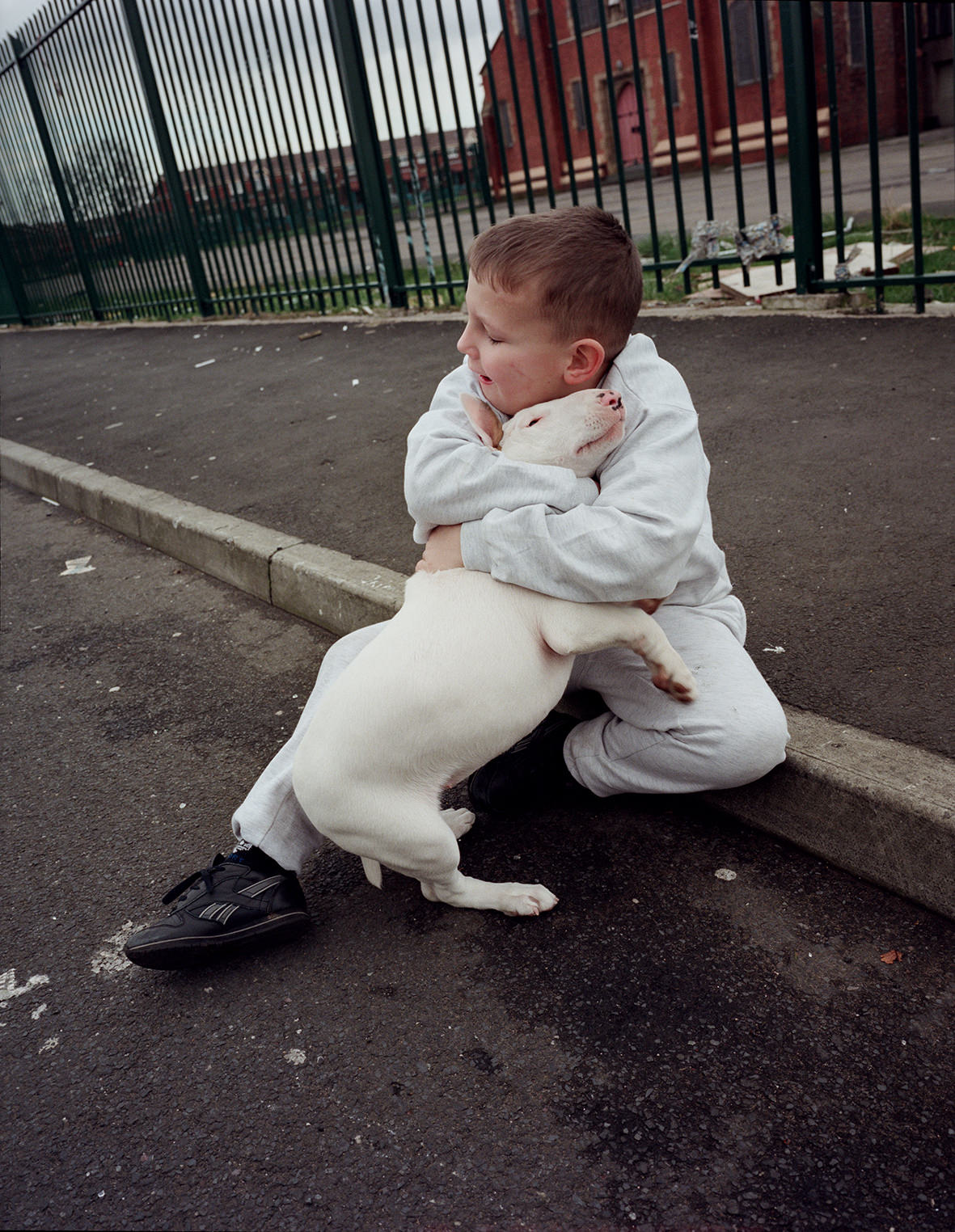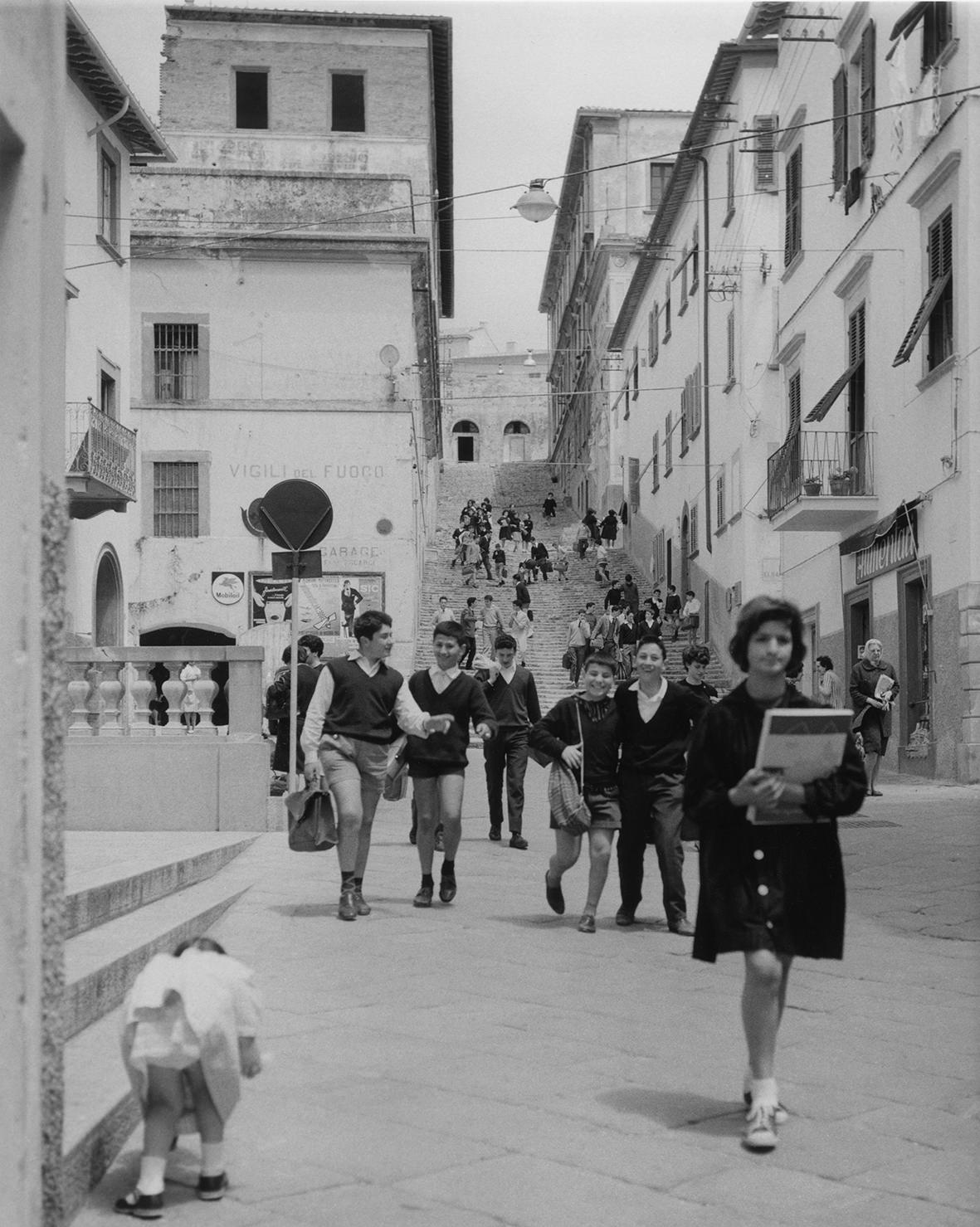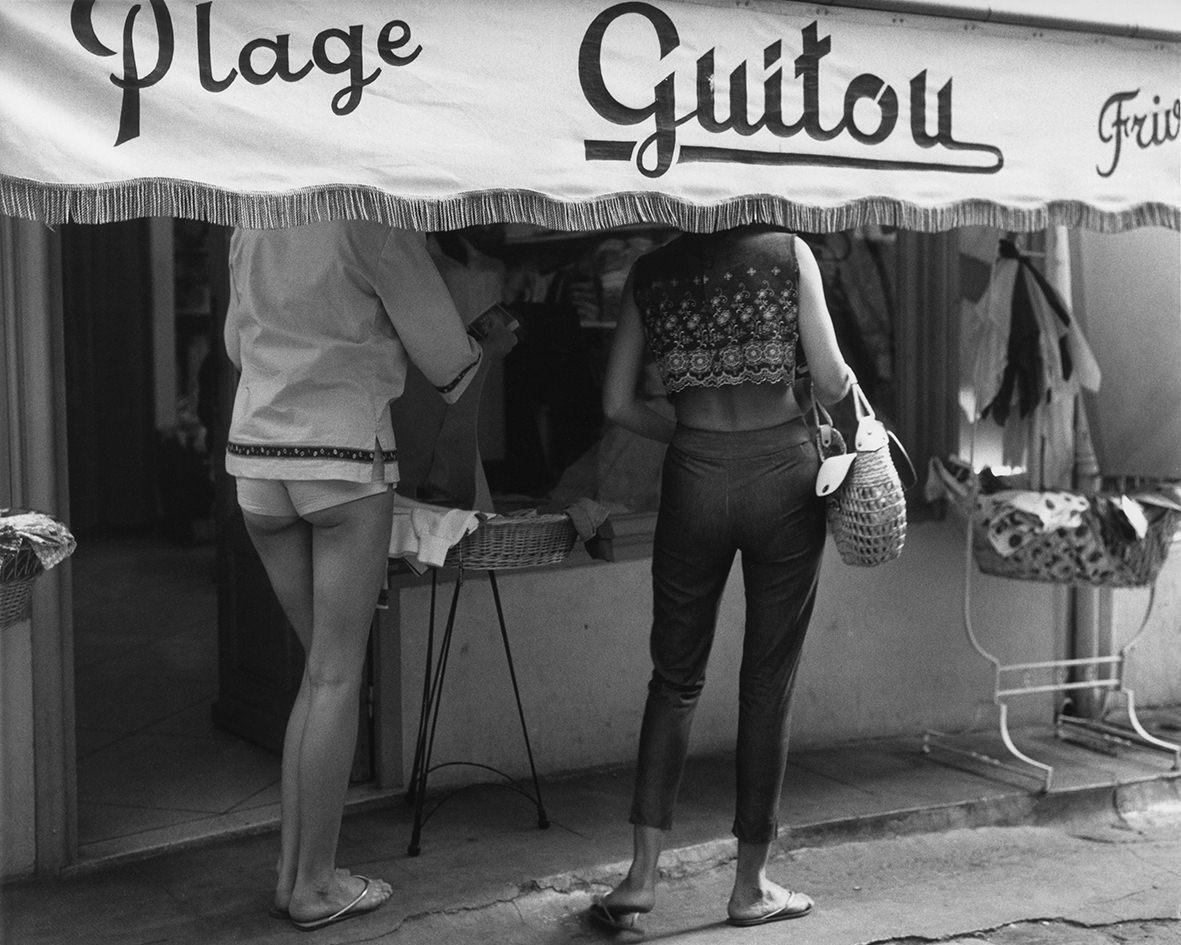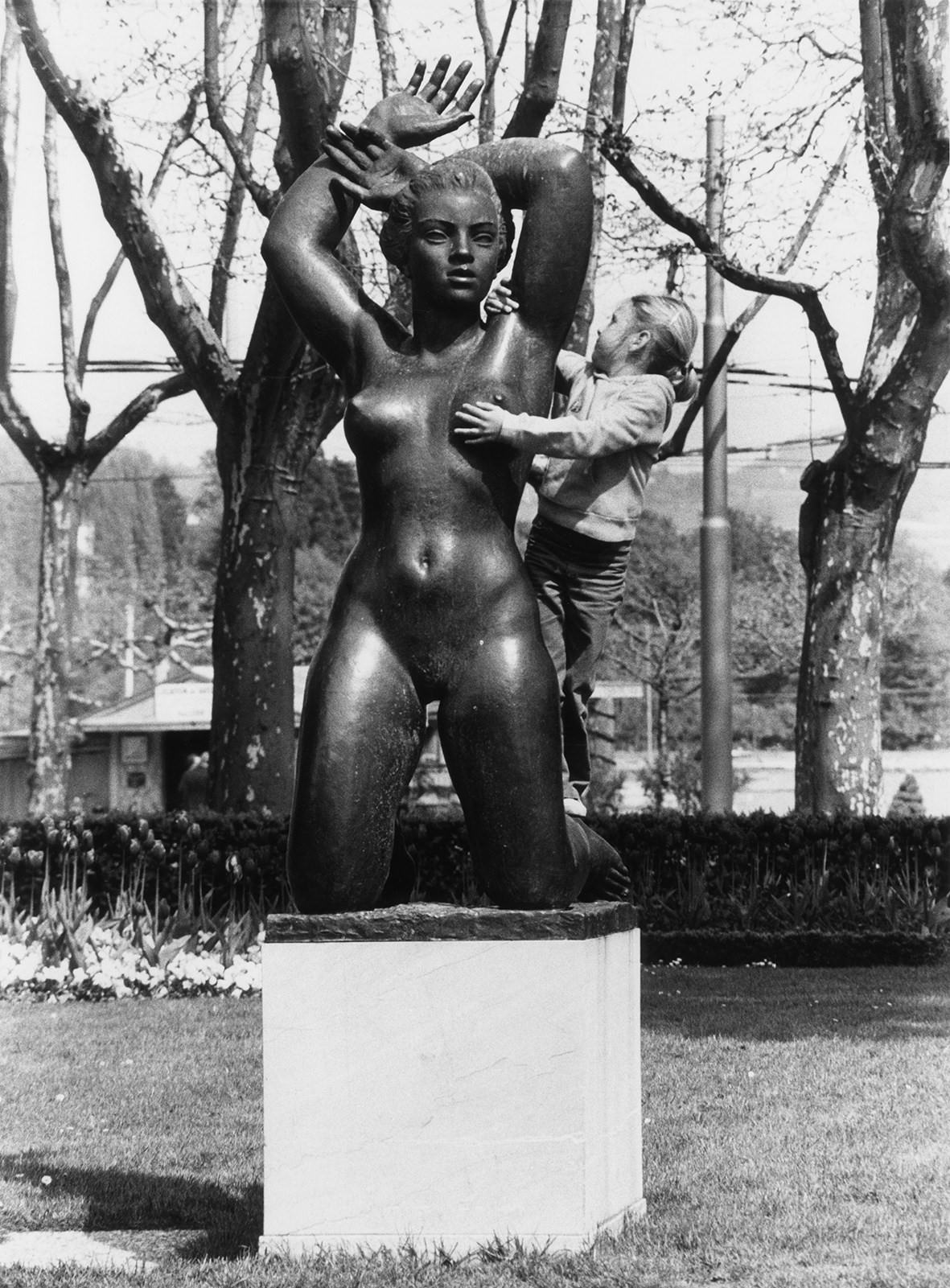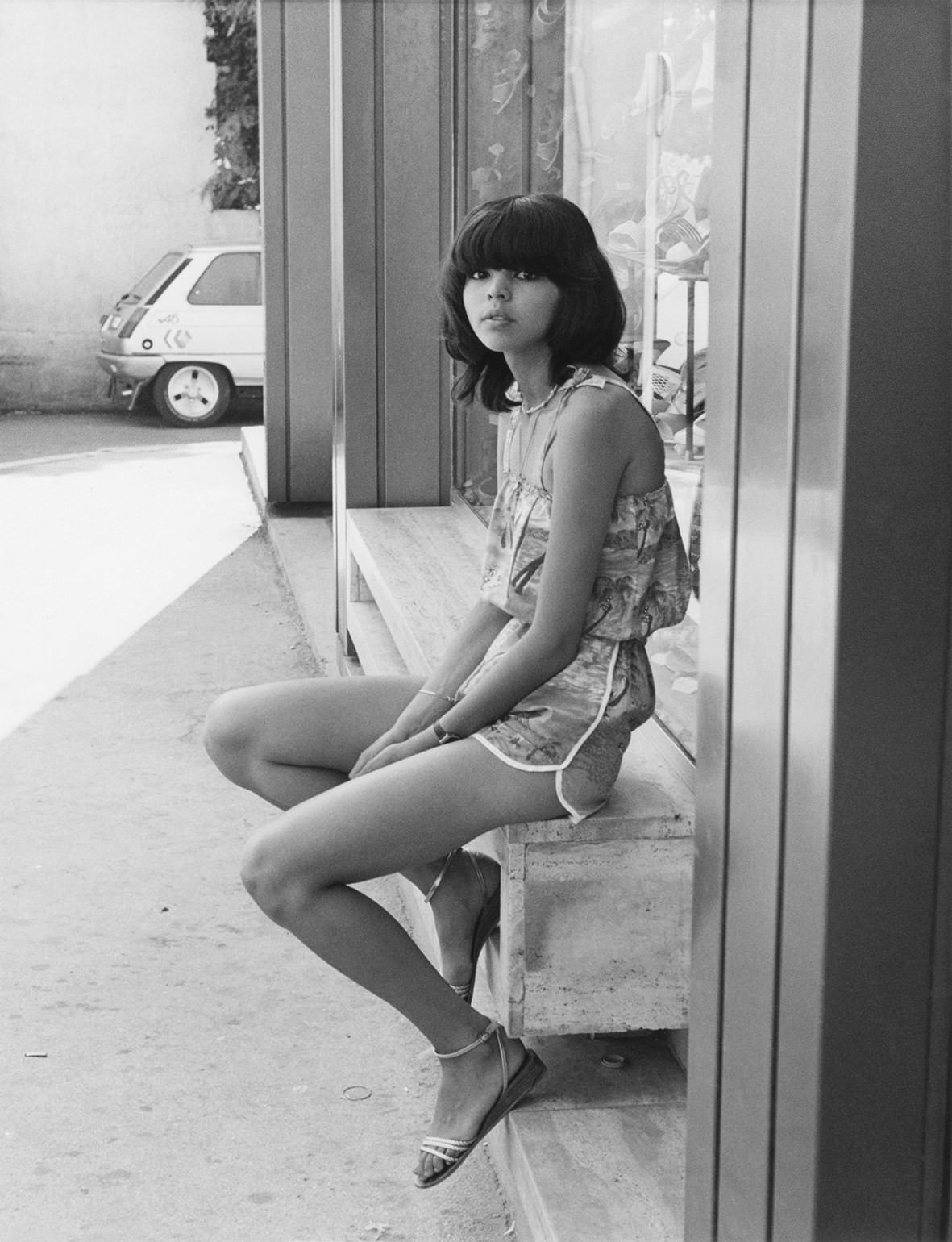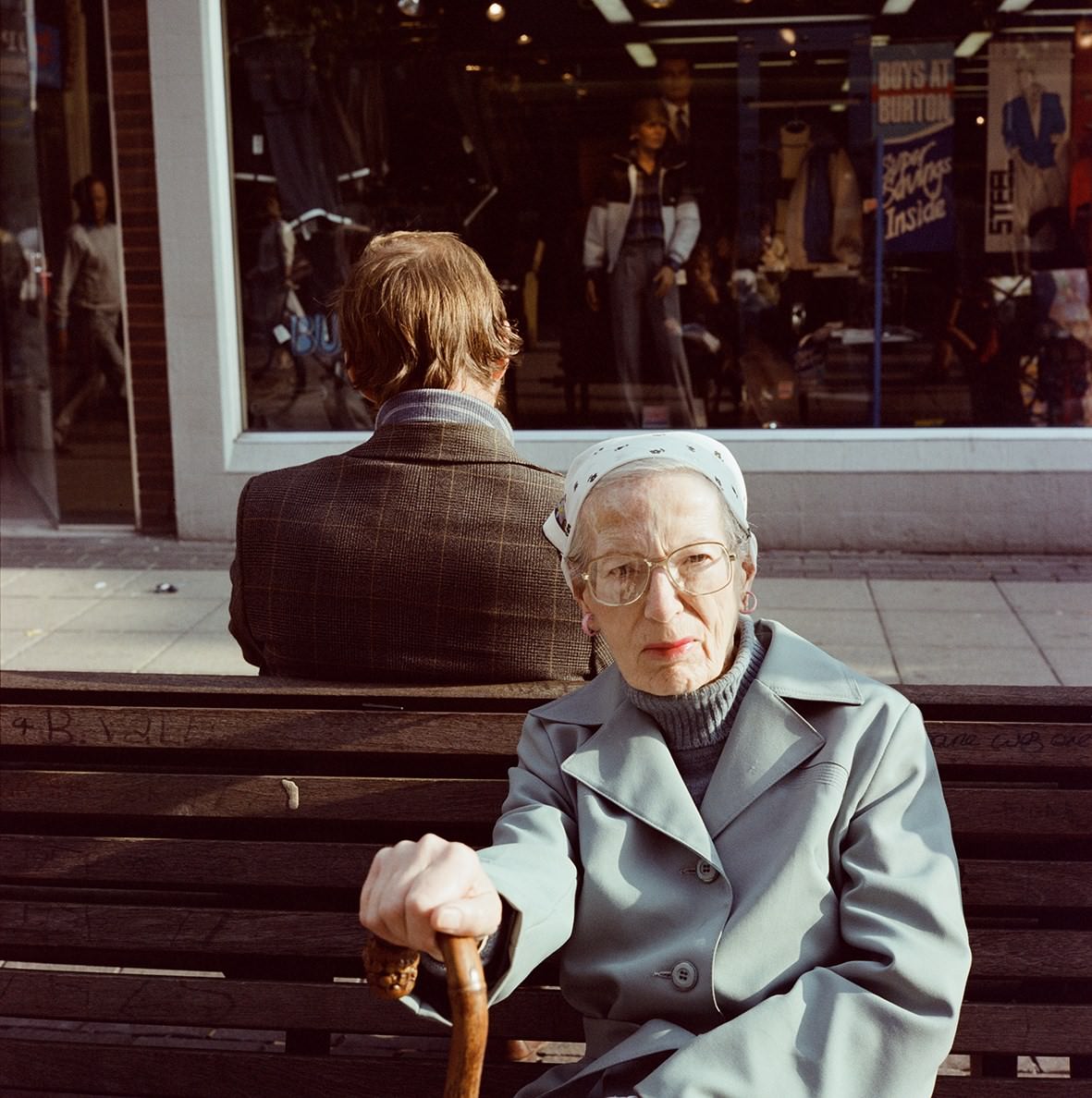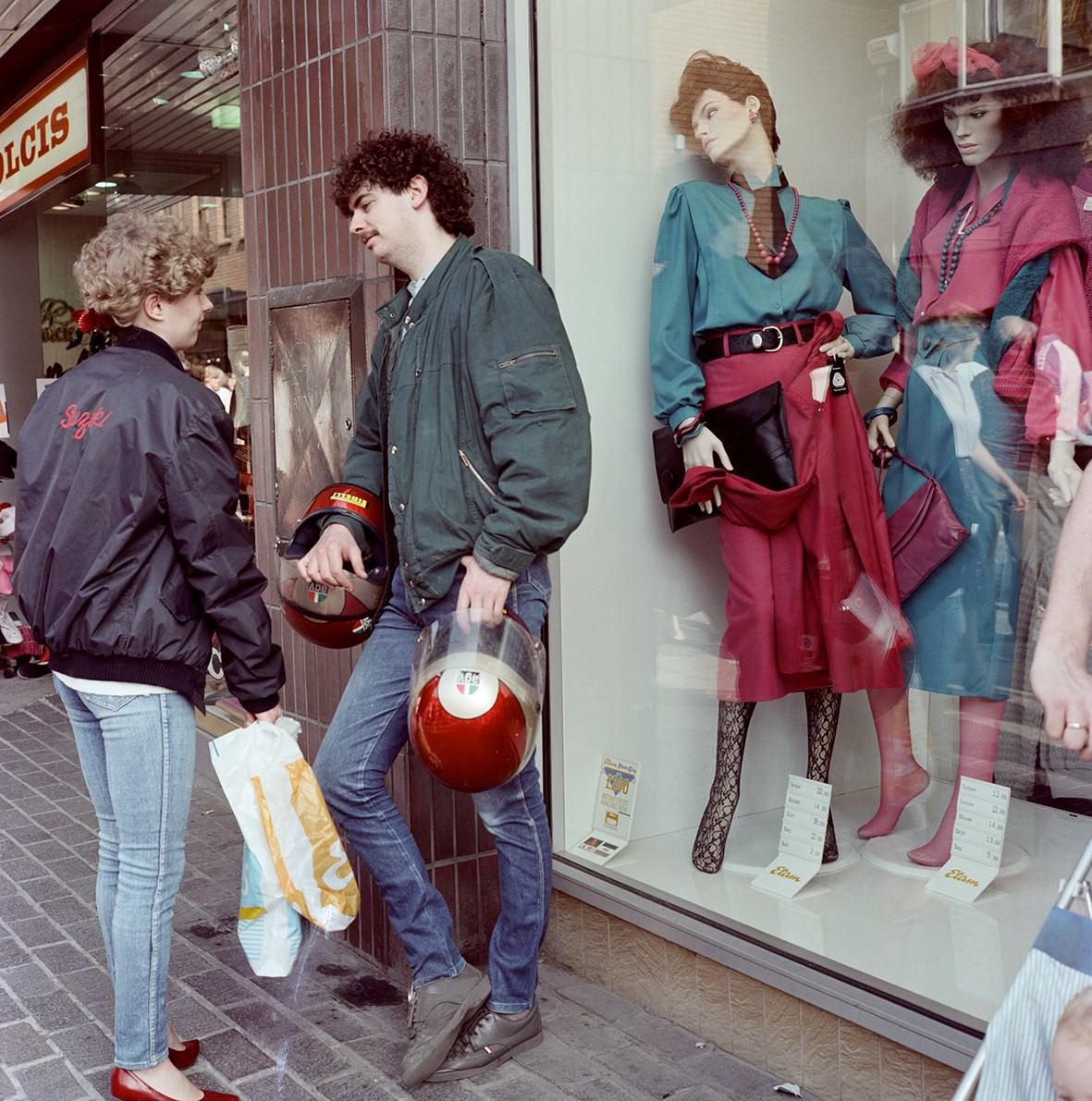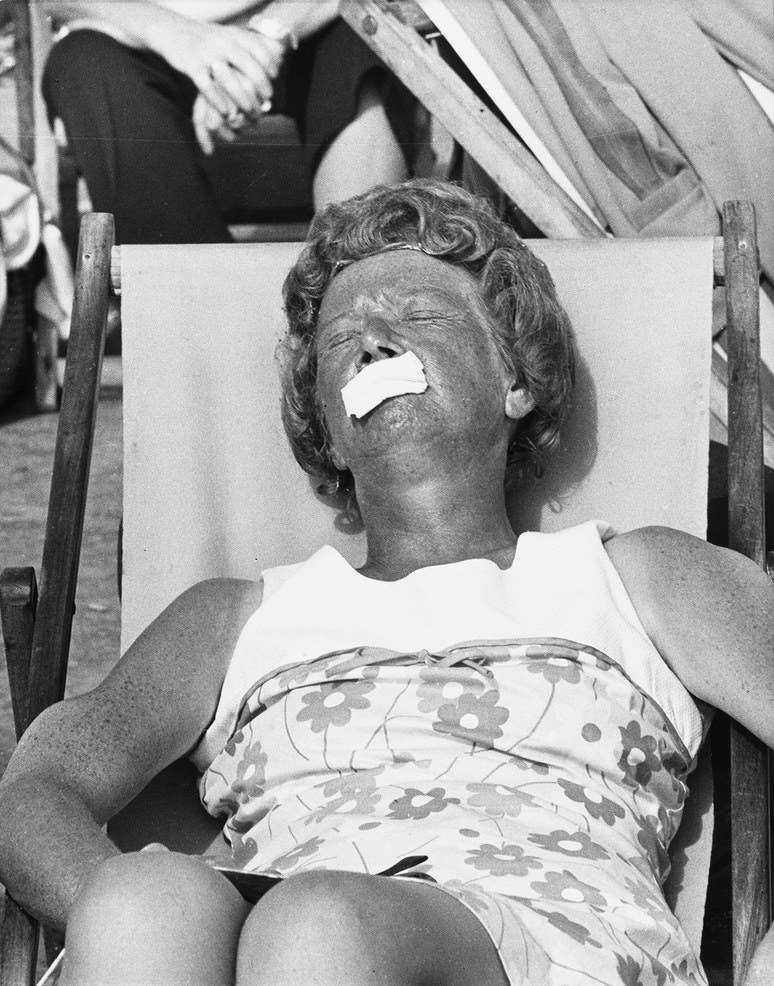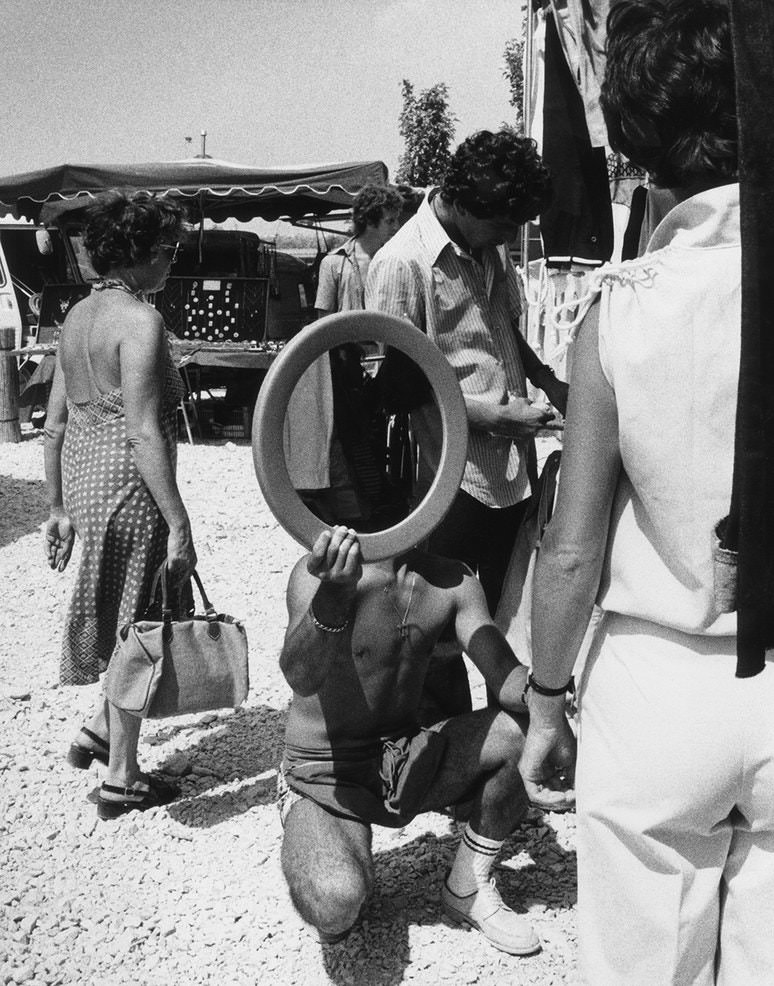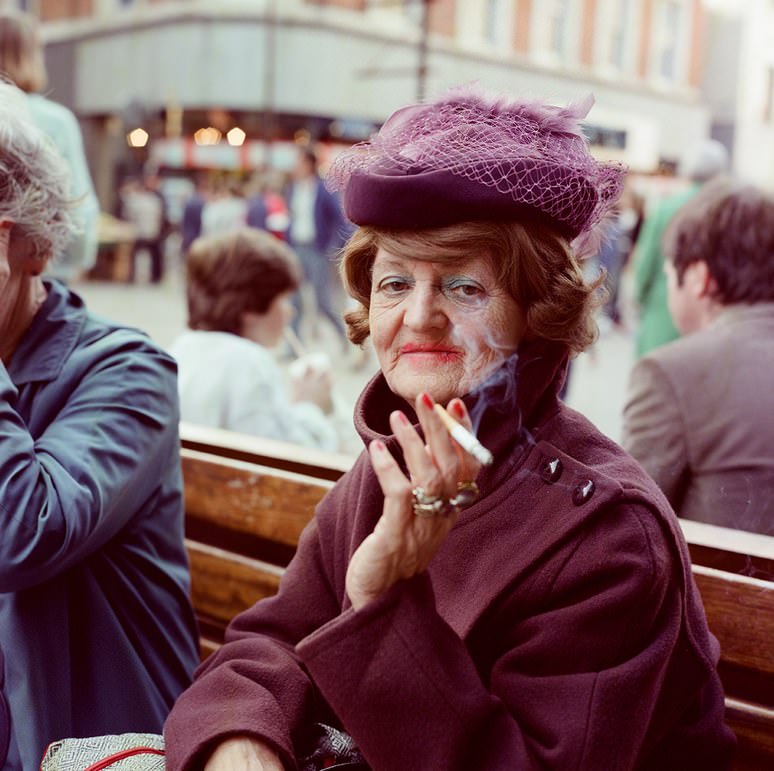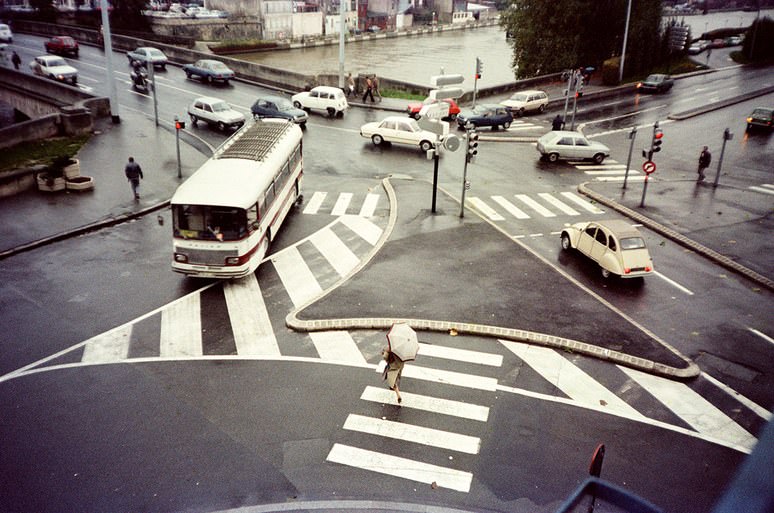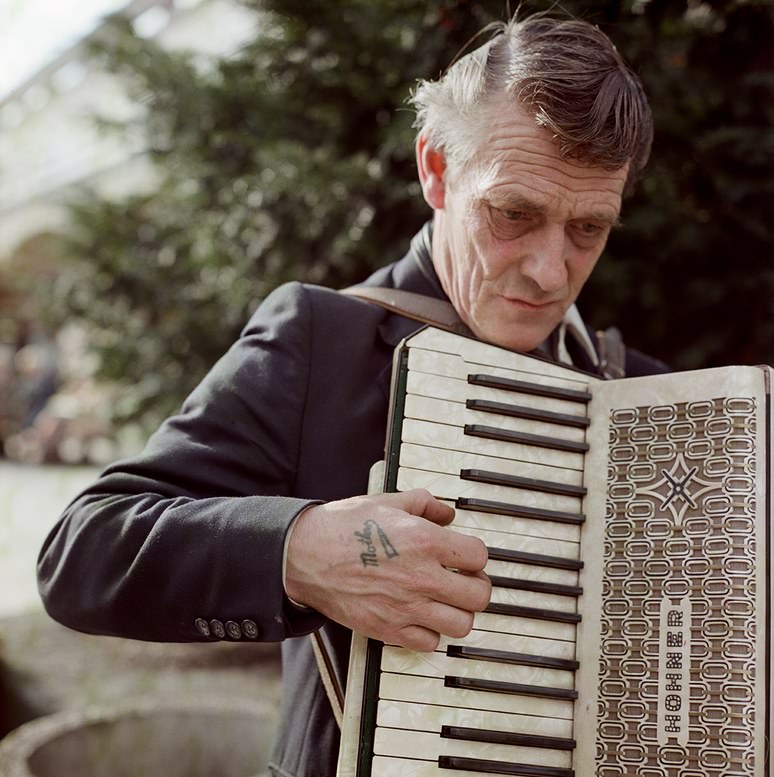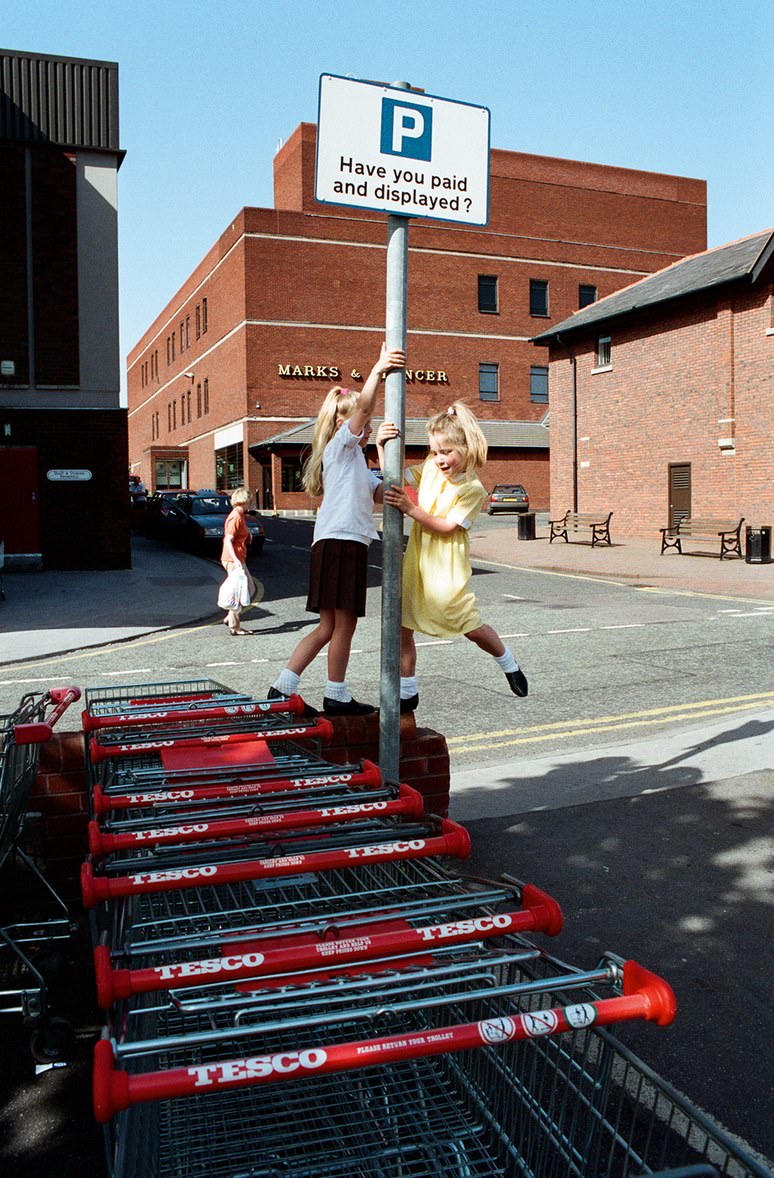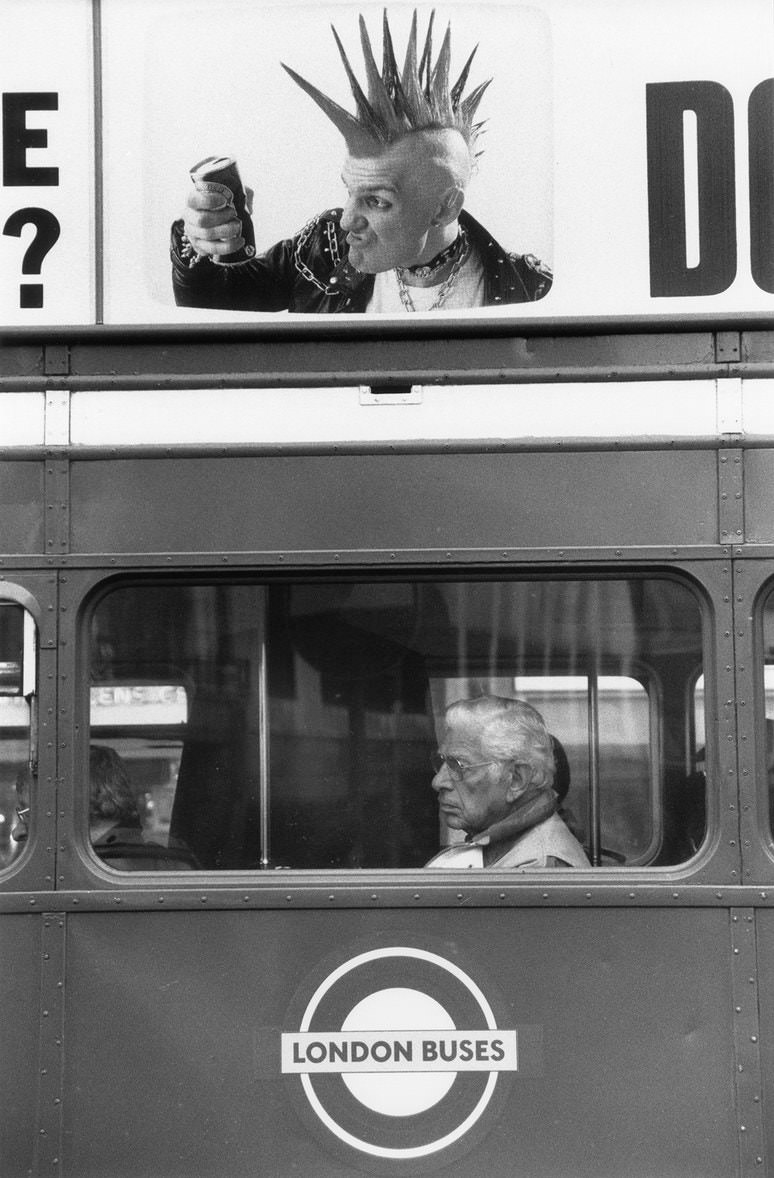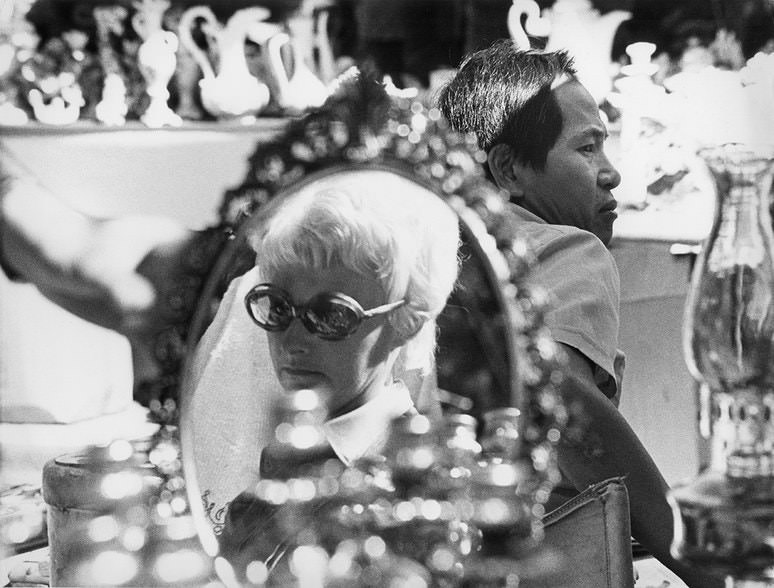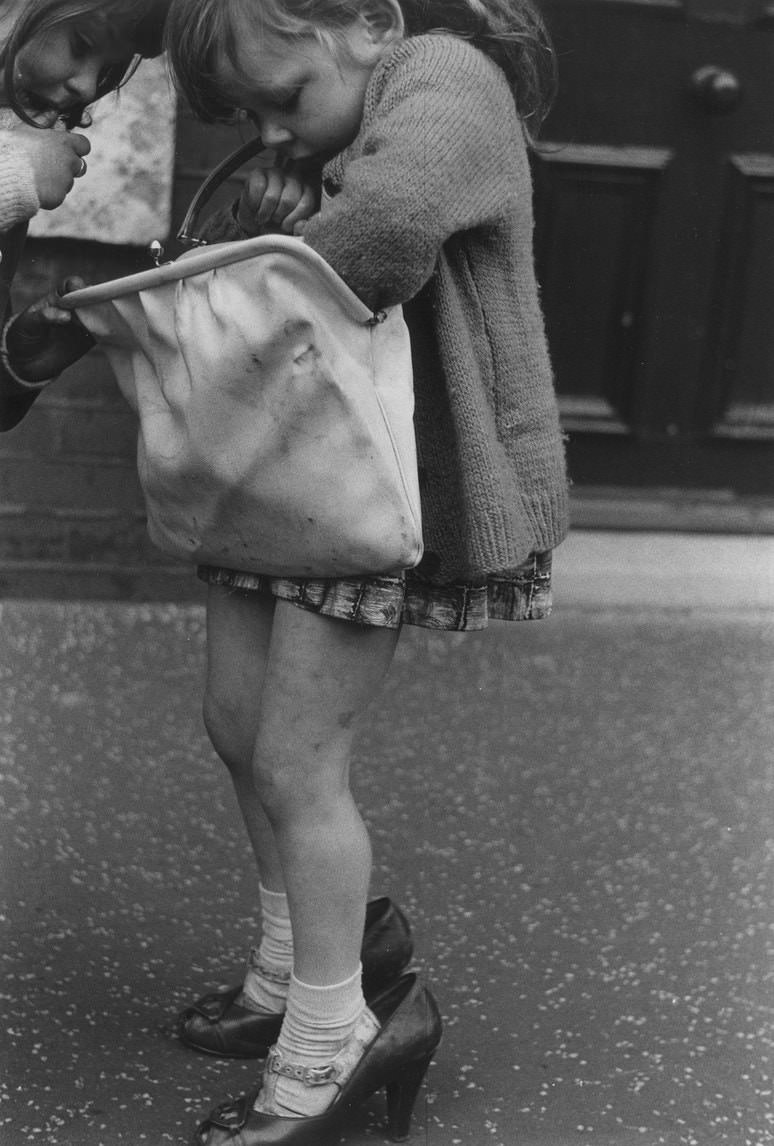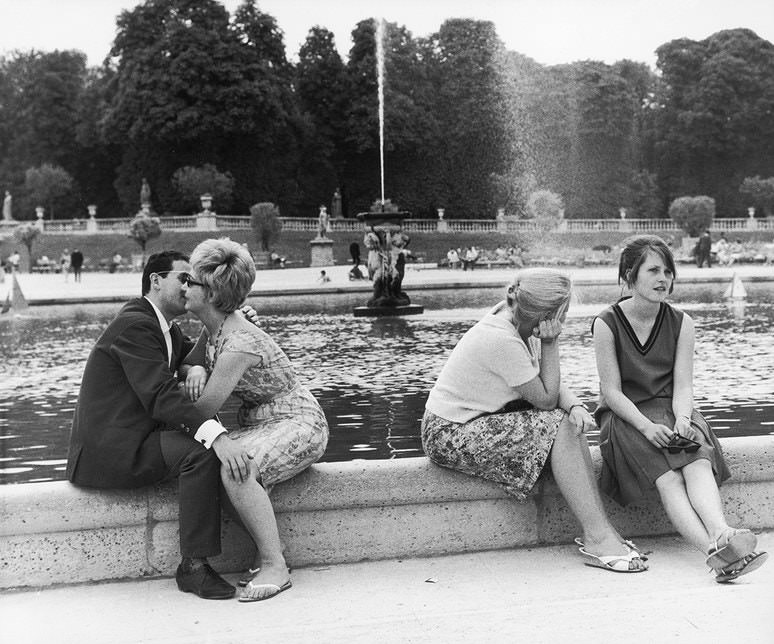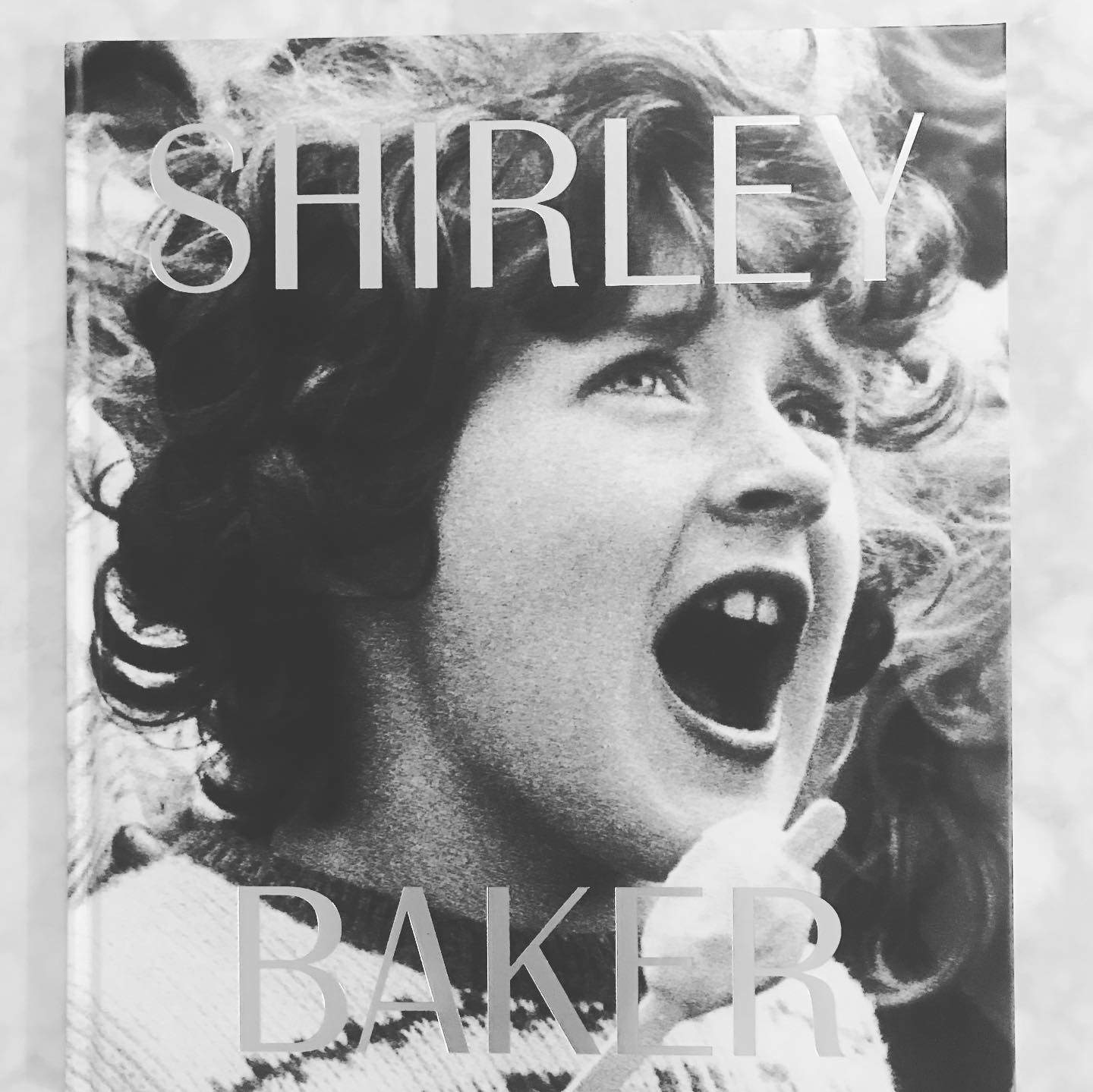Uncovering Shirley Baker, One of Britain’s Most Prolific Street Photographers
Uncovering Shirley Baker, One of Britain’s Most Prolific Street Photographers
Shirley Baker edited by Lou Stoppard was published in November by MACK.
A new book uncovers the extraordinary and extensive legacy of Shirley Baker, one of Britain’s most prolific street photographers.
Shirley Baker developed her first photograph as a young girl ‘from the darkness of the coal shed’ in her hometown of Salford, Northwest England. From this moment, she developed a lifelong interest in documentary photography, amounting to a vast and celebrated archival collection that spans the length of her career, dating from the 1950s until 2000.
This book presents an extensive–and, uniquely, female–depiction of post-war life; an eccentric survey which combines her better-known street photographs of Manchester, Salford, and Blackpool with previously unseen photographs that span the UK, all the way to the South of France, Italy, and Japan.
Instances of humor abound in the collection, casting a spotlight on the idiosyncrasies of British identity: a high street shopper cocks his head echoing the mannequin behind him, an older woman with cigarette-wrinkled lips looks into the lens with an almost comic stoicism, children play, mimicking adults.
The changing landscapes, fashions, photographic styles and tones that make up the sequence are woven together by Baker’s singular attentiveness to moments of wit and warmth in daily life.
“I like to watch people,” she wrote, “not as a snooper with a hidden camera, but as a member of the public like anyone else on the street.”
About the author
Shirley Baker (1932 – 2014) was one of Britain’s most compelling yet underexposed social documentary photographers. Her street photography of the working-class inner-city areas, taken from 1960 until 1981, would come to define her humanist vision.
Shirley’s curiosity and engagement with the everyday world around her resulted in many different strands of work, many of which are yet to be exhibited, each of which confirms her acute observation, visual humor as well as compassion for the lives of ordinary people as distinctive in its exploration of post-war British culture.
Shirley Baker was born in Kersal, North Salford. She took up photography at the age of eight when she and her twin sister were given Brownie cameras by an uncle. Her passion for photography continues and she went on to study Pure Photography at Manchester College of Technology. She later went onto do courses at London Regent Street Polytechnic and London College of Printing. She is said to be one of few women in post-war Britain to receive formal photographic training.
Upon graduating, she held a position at Courtaulds the fabric manufacturers, as an in-house factory photographer, before working at the Royal Manchester Children’s hospital as their in-house photographer. Later she became a lecturer at Salford College of Art and Manchester Polytechnic.
However, she much preferred working as a freelance writer and photographer in magazines, books, and newspapers. This is where she felt most fulfilled, free from briefs from picture editors, Shirley gave herself time to observe making her own pictures, resulting in collections of photographs that explore British society in transition following Word War II and leading up to the more materialistic 1990s.
Throughout the 1960s and 1970s, she continuously photographed a range of humanist subjects, sparked by her amusement and curiosity of human character and behavior, and a compassion for social injustice. However, it is her empathetic but unsentimental photographs of inner-city working-class communities in Salford and Manchester as they experienced years of ‘slum’ clearance that has come to define her distinct vision. This twenty-year period sees Shirley evolve her ideas of documentary form and subject matter, and she produced a startling body of color work taken in Summer 1965.
Throughout the 1960s and 1970s, she often submitted her work to the Manchester Guardian, Amateur Photographer, Cheshire Life, The Lady, and various travel magazines. Her inner-city street scenes were used by various council departments for public information exhibitions. In the 1980s, when Shirley’s doctor husband’s work took them to London for a time, she photographed punks in and around Camden and the West End. She also briefly photographed in Japan and America whilst accompanying her husband on business trips.
Over Shirley’s extensive career, she continued to observe the world around her. While her ‘street photographs’ may epitomize her career, there are other bodies of work taken over several decades, equal in quiet poetic drama and everyday humor.

